- Free Article: Yes
- Contents Category: Books of the Year
- Custom Article Title: Books of the Year 2016
- Review Article: Yes
- Custom Highlight Text:
Originally published in German, Albrecht Dümling’s The Vanished Musicians: Jewish refugees in Australia (Peter Lang), a fascinating compendium of Jewish musicians who found refuge in Australia in the 1930s and 1940s, is now available in Australian Diana K. Weekes’s excellent translation ...
Sheila Fitzpatrick
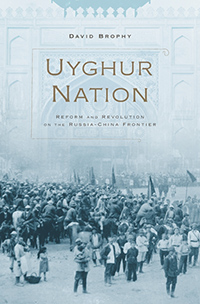 Originally published in German, Albrecht Dümling’s The Vanished Musicians: Jewish refugees in Australia (Peter Lang), a fascinating compendium of Jewish musicians who found refuge in Australia in the 1930s and 1940s, is now available in Australian Diana K. Weekes’s excellent translation.
Originally published in German, Albrecht Dümling’s The Vanished Musicians: Jewish refugees in Australia (Peter Lang), a fascinating compendium of Jewish musicians who found refuge in Australia in the 1930s and 1940s, is now available in Australian Diana K. Weekes’s excellent translation.
Kevin Windle, Elena Govor, and Alexander Massov’s From St Petersburg to Port Jackson: Russian travellers’ tales of Australia 1807–1912 (Australian Scholarly Publishing) is a treasure trove for anyone with a weakness for ship’s captains’ and spunky young Russian ladies’ impressions of our native land. It was a Russian ship that in 1814 brought the news of Napoleon’s defeat to Sydney.
Next is David Brophy’s Uyghur Nation: Reform and revolution on the Russia-China frontier (Harvard University Press). If you have ever wondered who the Uyghurs are, Brophy, who teaches at the University of Sydney, is the man to go to.
The Great Departure: Mass migration from Eastern Europe and the making of the Free World (W.W. Norton), by Tara Zahra, is a ‘must read’ for history buffs as well as migration scholars.
Miriam Cosic
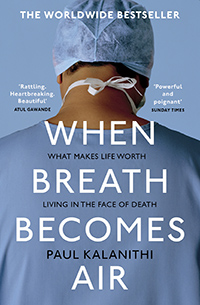 Four books stood out for me this year. David Rieff’s In Praise of Forgetting: Historical memory and its ironies (Yale University Press, reviewed in ABR 6/16) makes a startling argument: that cultivating historical memory, especially in the political realm, may do more harm than good.
Four books stood out for me this year. David Rieff’s In Praise of Forgetting: Historical memory and its ironies (Yale University Press, reviewed in ABR 6/16) makes a startling argument: that cultivating historical memory, especially in the political realm, may do more harm than good.
American writer Shadi Hamid’s controversial Islamic Exceptionalism: How the struggle over Islam is reshaping the world (St Martin’s Press) examines how the difficulty of reconciling secularism and Islam not only makes integration tricky for Muslims in the West, but perpetuates sectarian war within the religion.
When Breath Becomes Air (Bodley Head), by Paul Kalanithi, a neurosurgeon who chronicled his own death from cancer, is simply extraordinary: humane, poetic, moving, and enlightening. And Sebastian Smee – The Australian’s former art critic, now with the Boston Globe – has written a riveting study, The Art of Rivalry: Four friendships, betrayals, and breakthroughs in modern art (Text Publishing, 11/16), the title of which says it all.
James Bradley
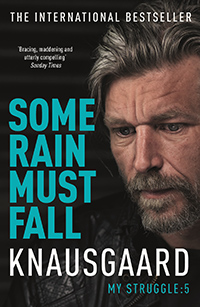 I’m not sure any book I’ve read this year has affected me as much as Annie Proulx’s monumental account of the human and environmental catastrophe of North America’s forests, Barkskins (Fourth Estate, 8/16). While it isn’t without its faults, in particular its desire to include everything, that same encyclopedic impulse and sense of incoherent grief lends it extraordinary power and breadth, and makes it necessary reading for anybody interested in the environment.
I’m not sure any book I’ve read this year has affected me as much as Annie Proulx’s monumental account of the human and environmental catastrophe of North America’s forests, Barkskins (Fourth Estate, 8/16). While it isn’t without its faults, in particular its desire to include everything, that same encyclopedic impulse and sense of incoherent grief lends it extraordinary power and breadth, and makes it necessary reading for anybody interested in the environment.
Karl Ove Knausgaard’s Some Rain Must Fall (Vintage) is also encyclopedic, albeit in a personal sense, and manages the not inconsiderable trick of being both scarifyingly funny and deeply moving (how many other writers are likely to describe getting drunk and throwing up in Björk’s toilet?).
Finally, I loved my friend Georgia Blain’s Between a Wolf and a Dog (Scribe, 5/16). Like all her novels, it explores the often unarticulated complexities of the intersection of the personal and the political with exquisite grace and intelligence.
Read more: Books of the Year 2016
Write comment (0 Comments)

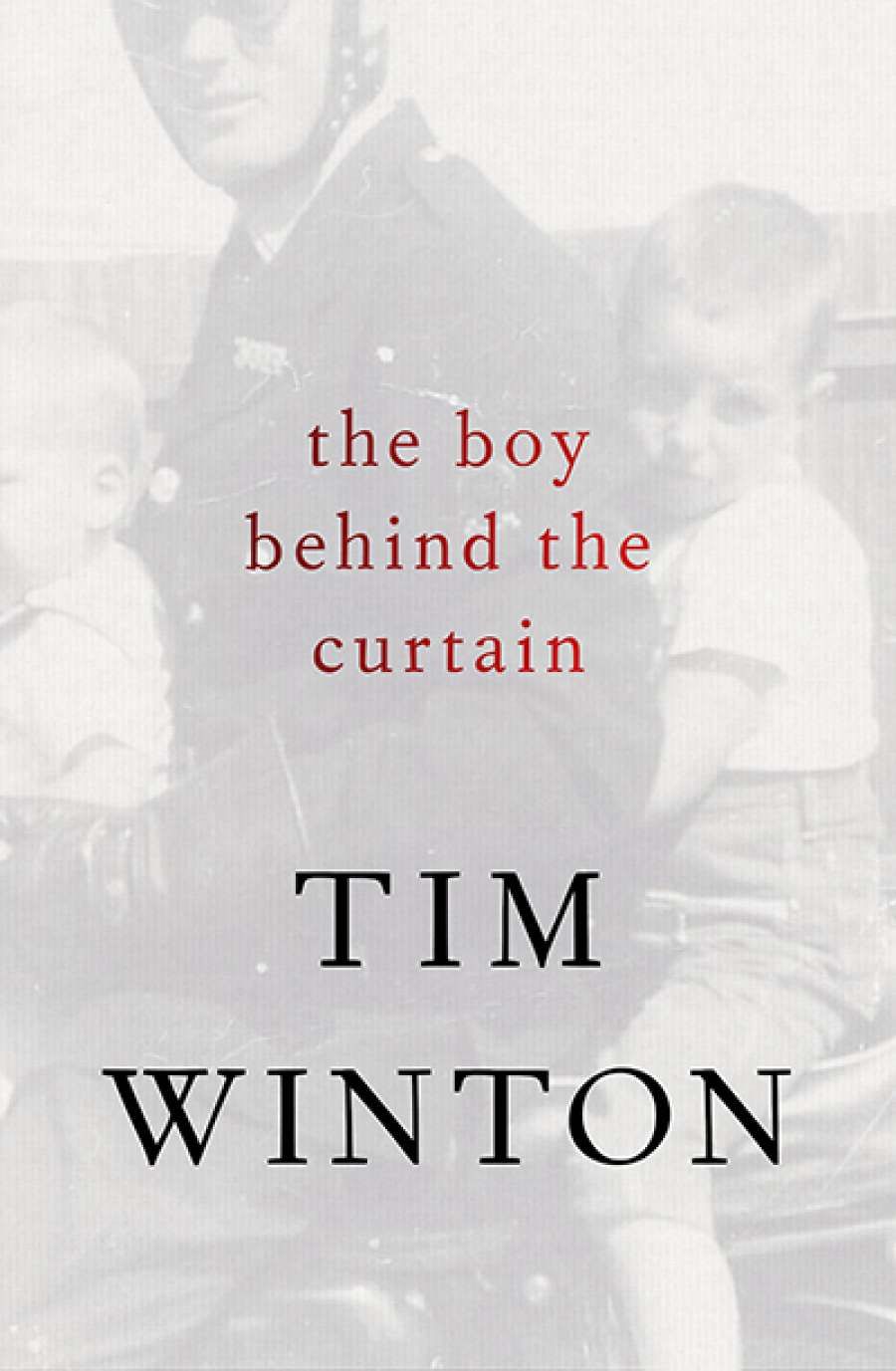
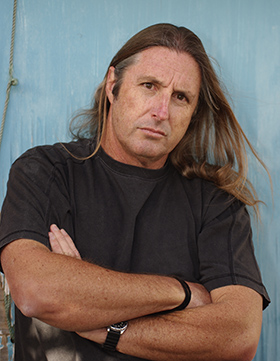
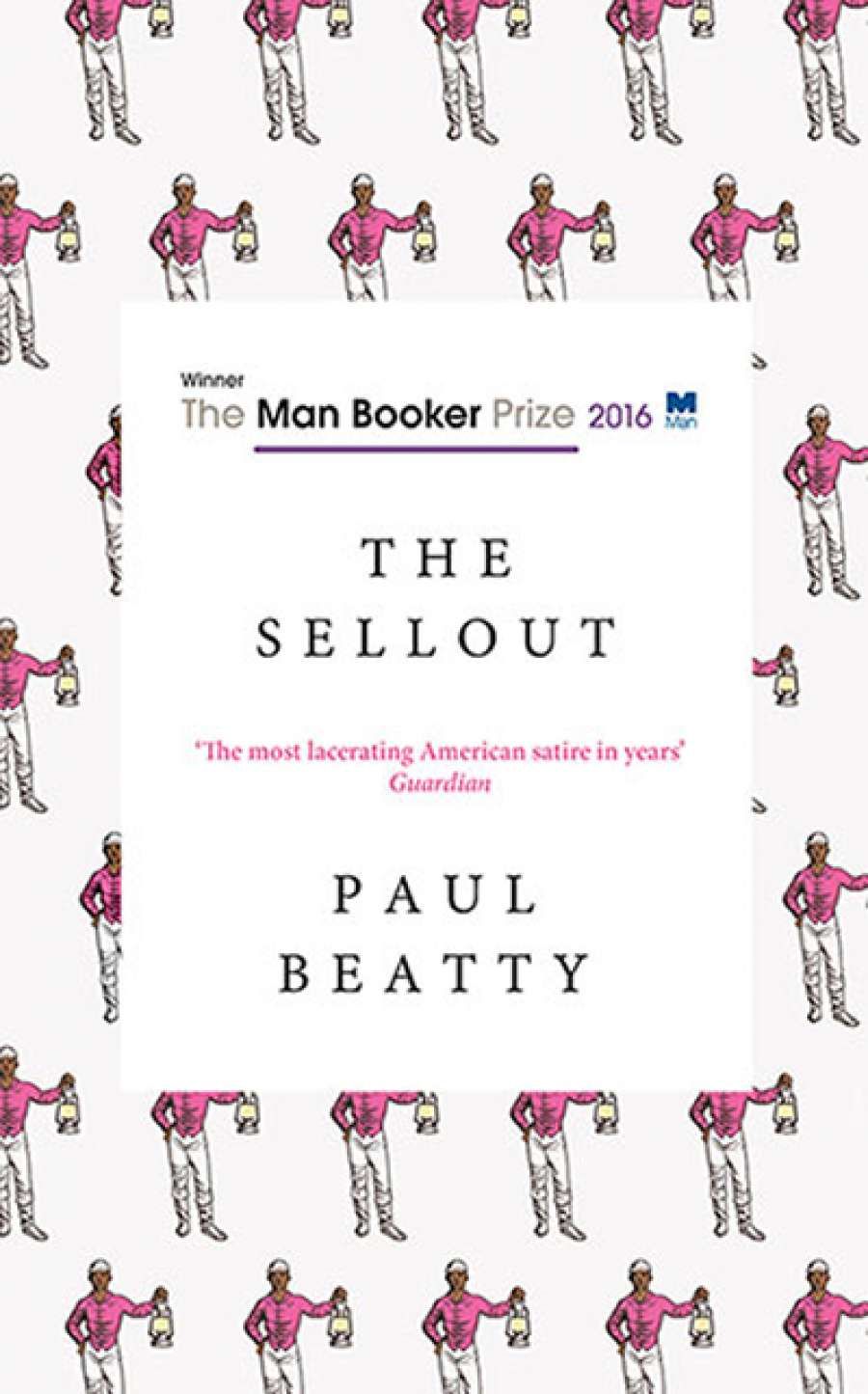
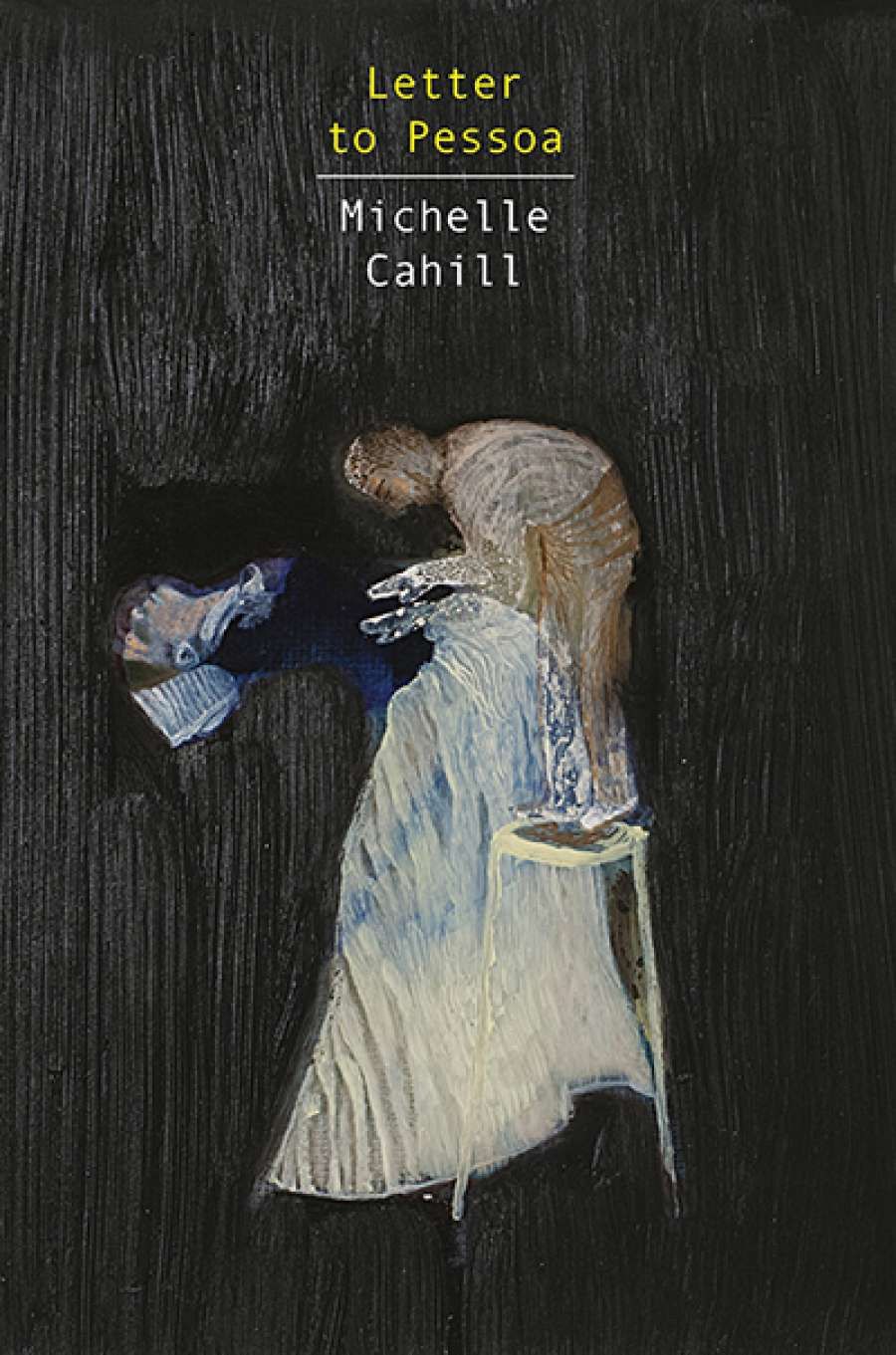
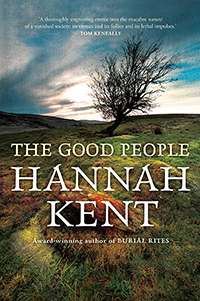
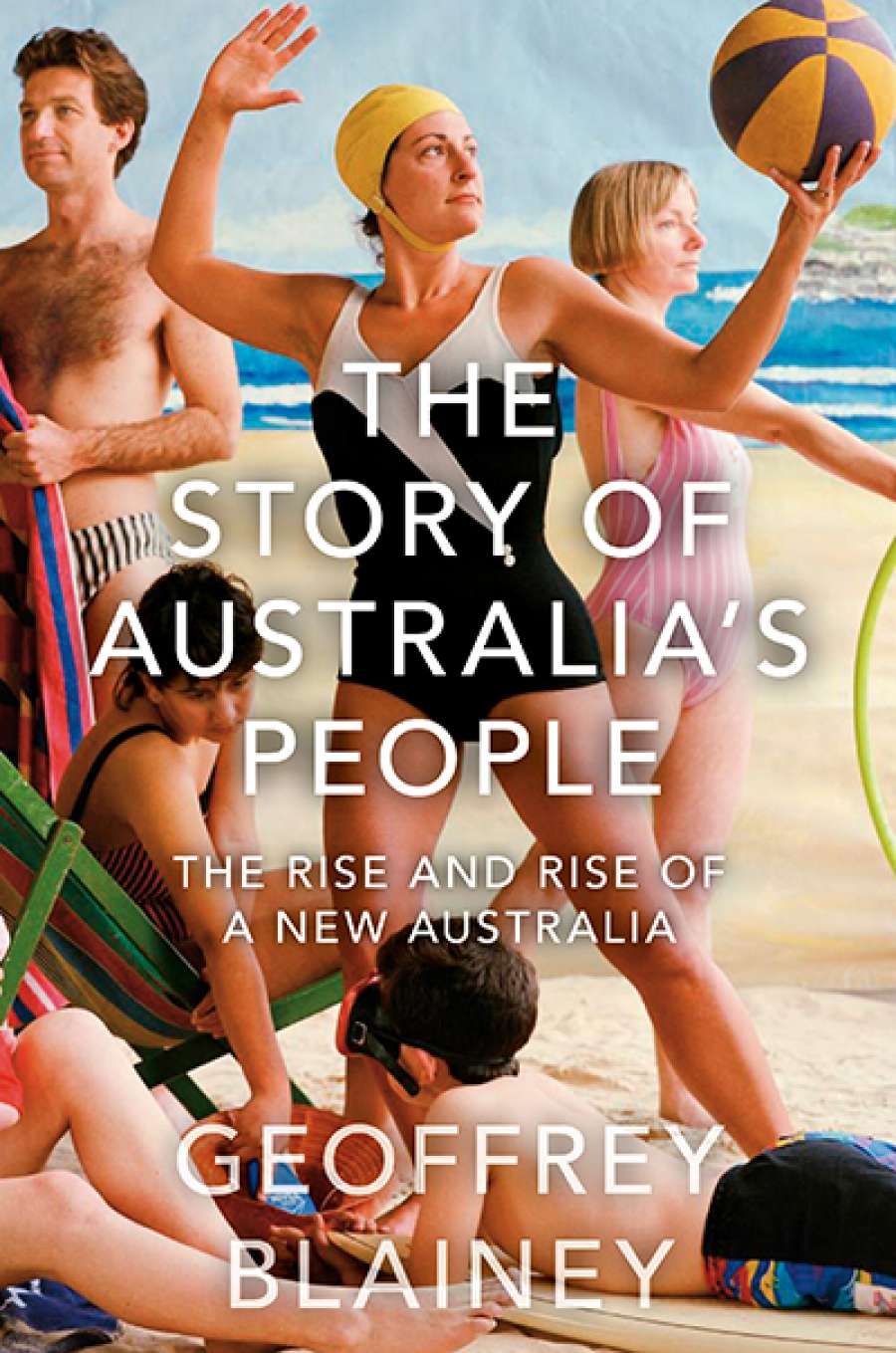
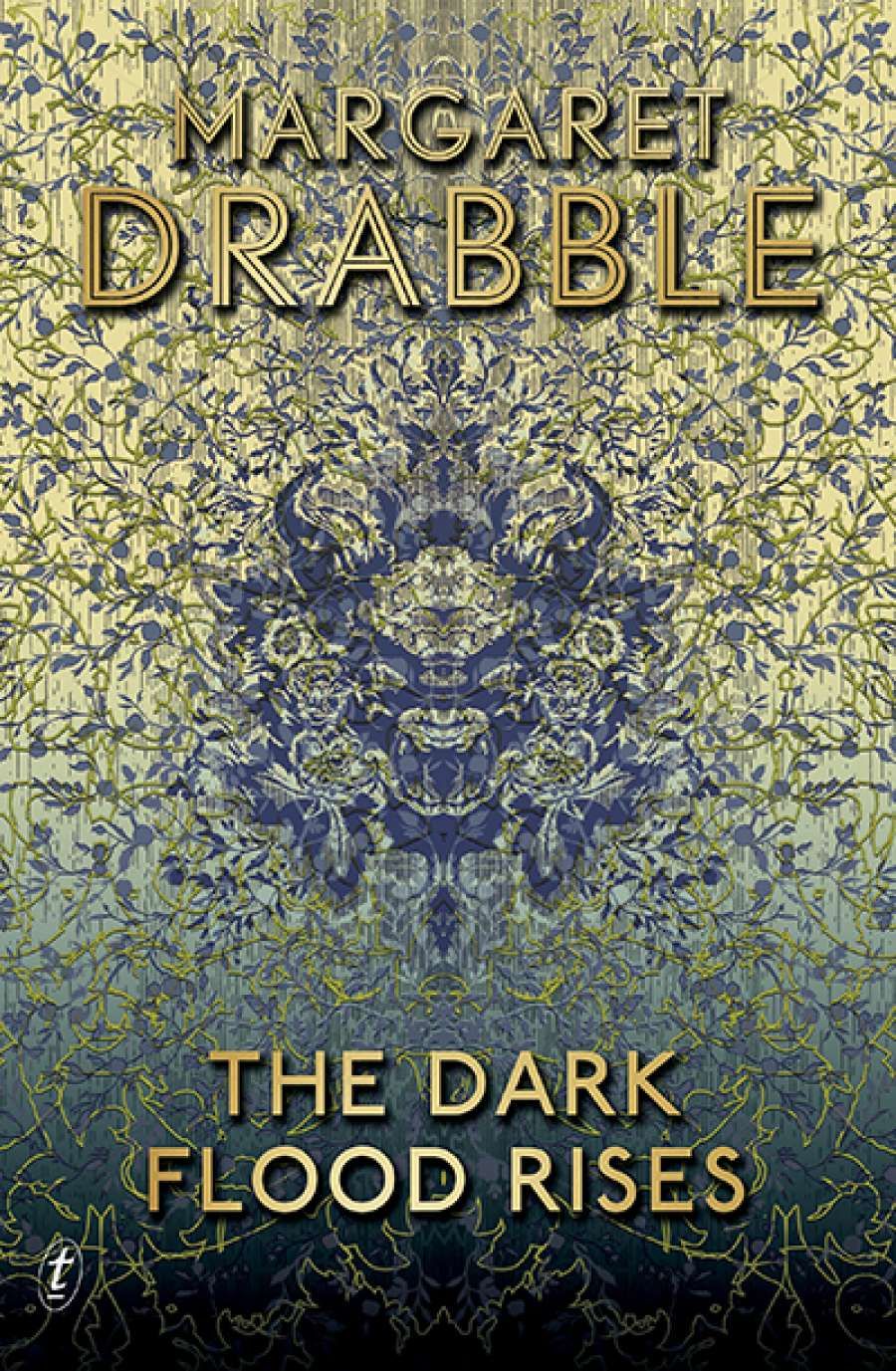
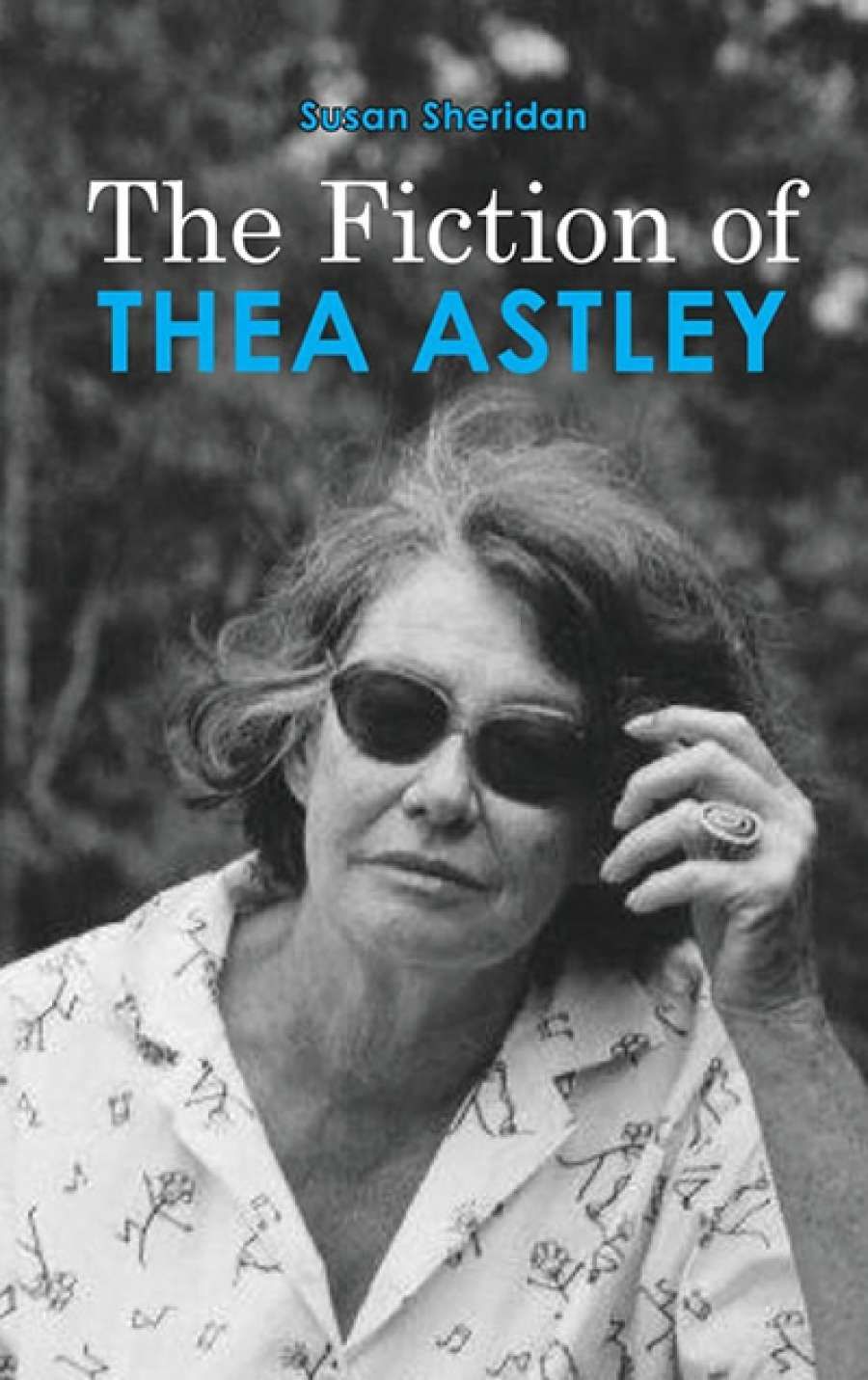
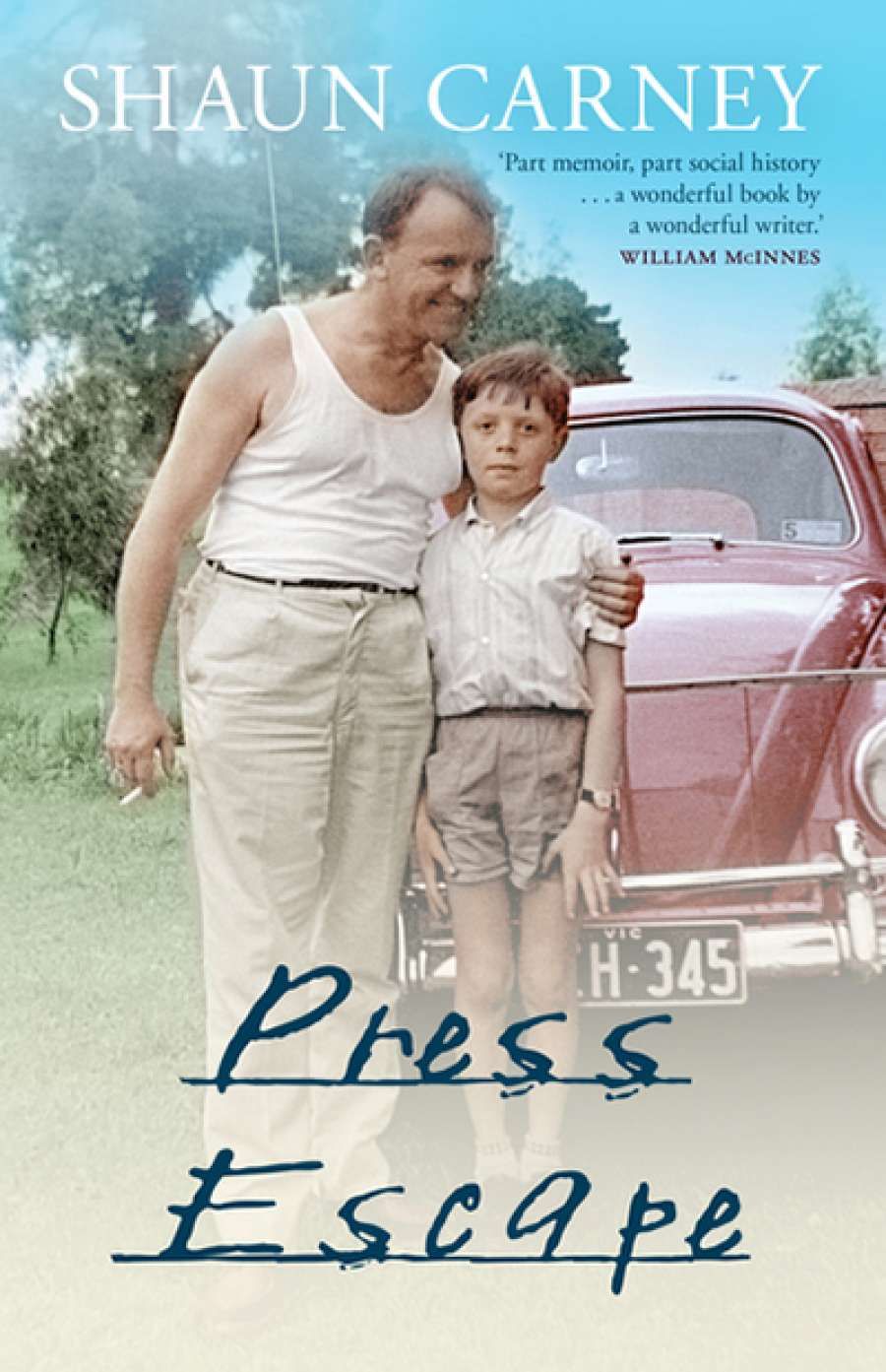
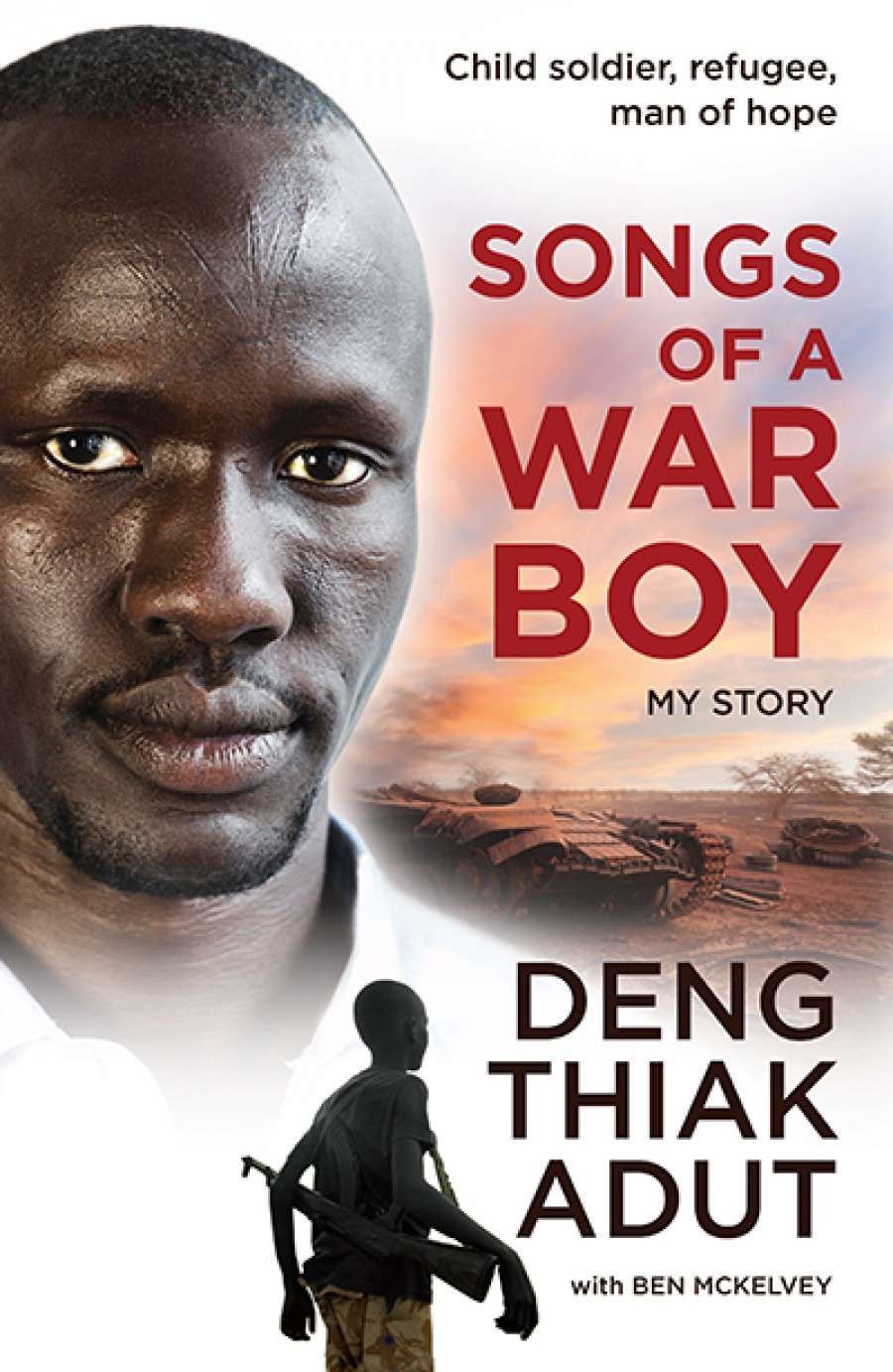
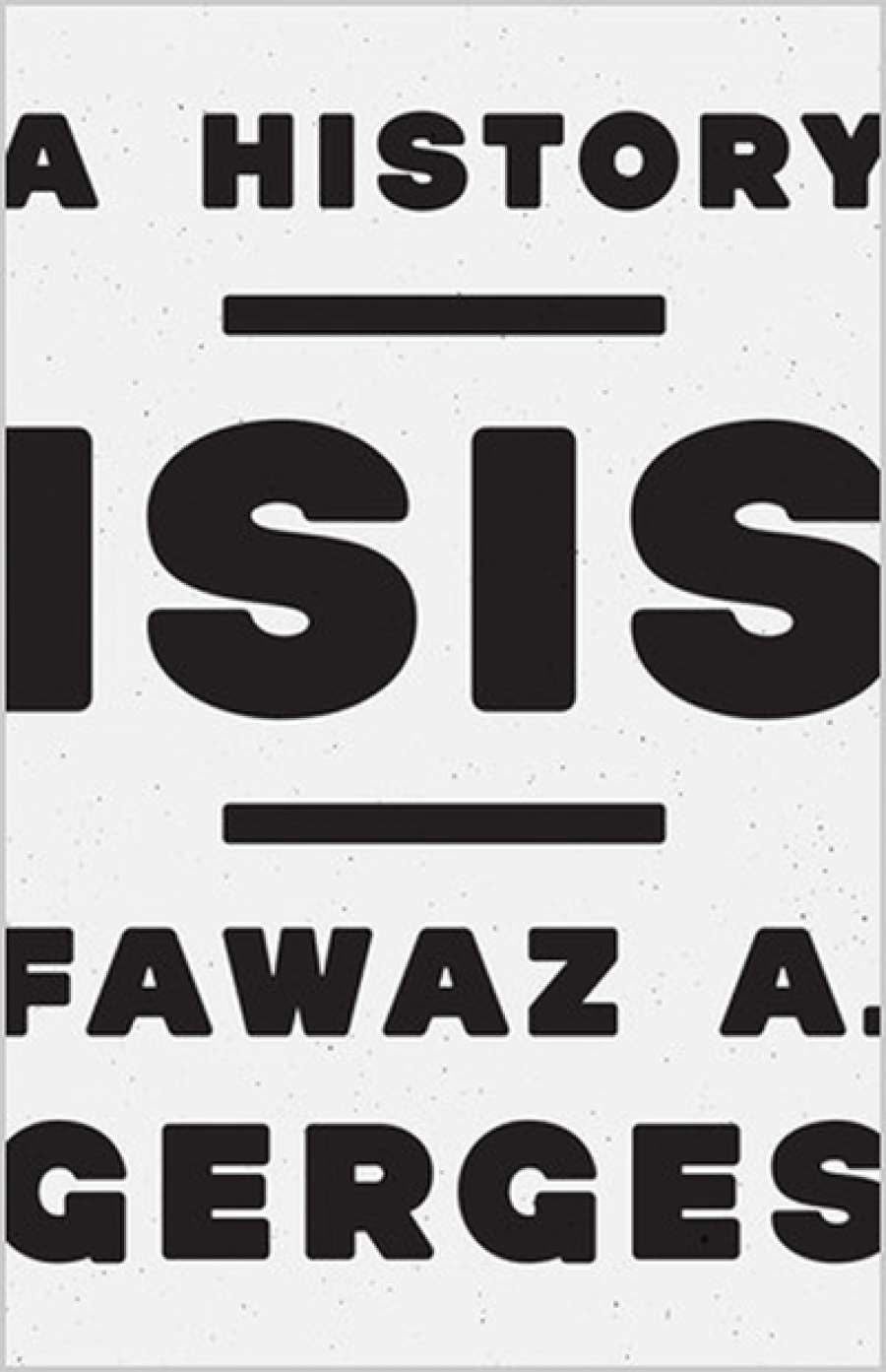
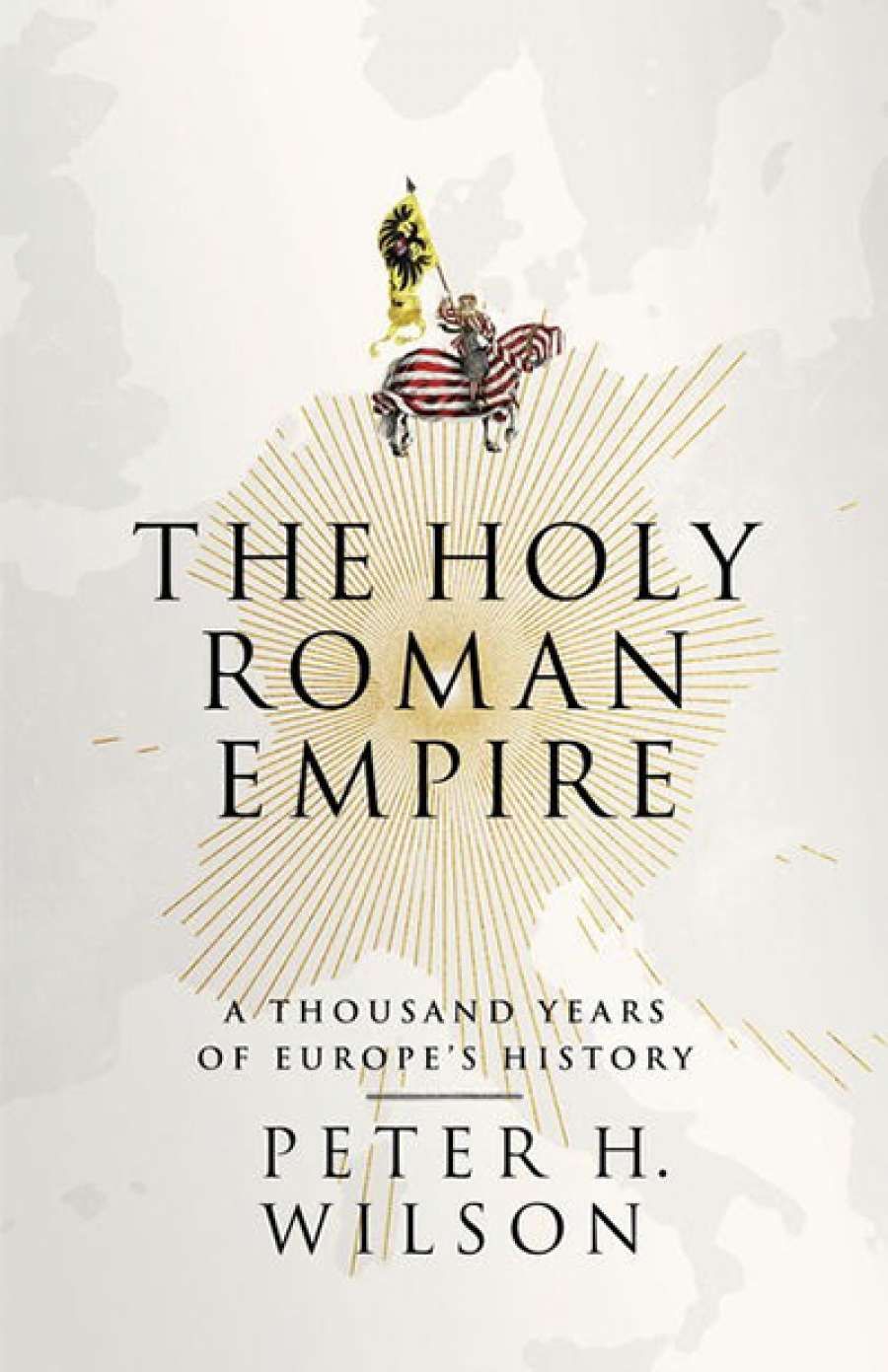
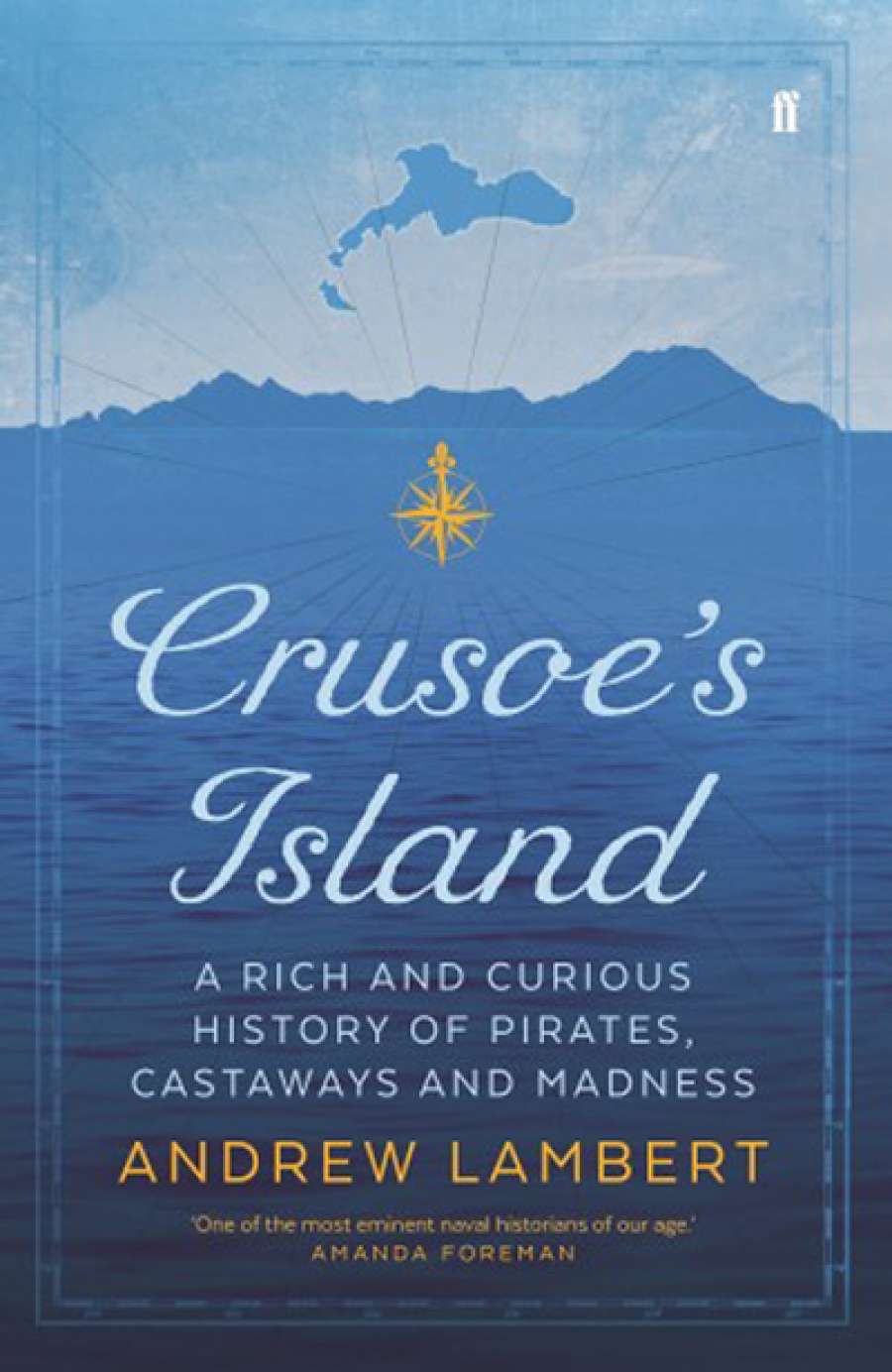
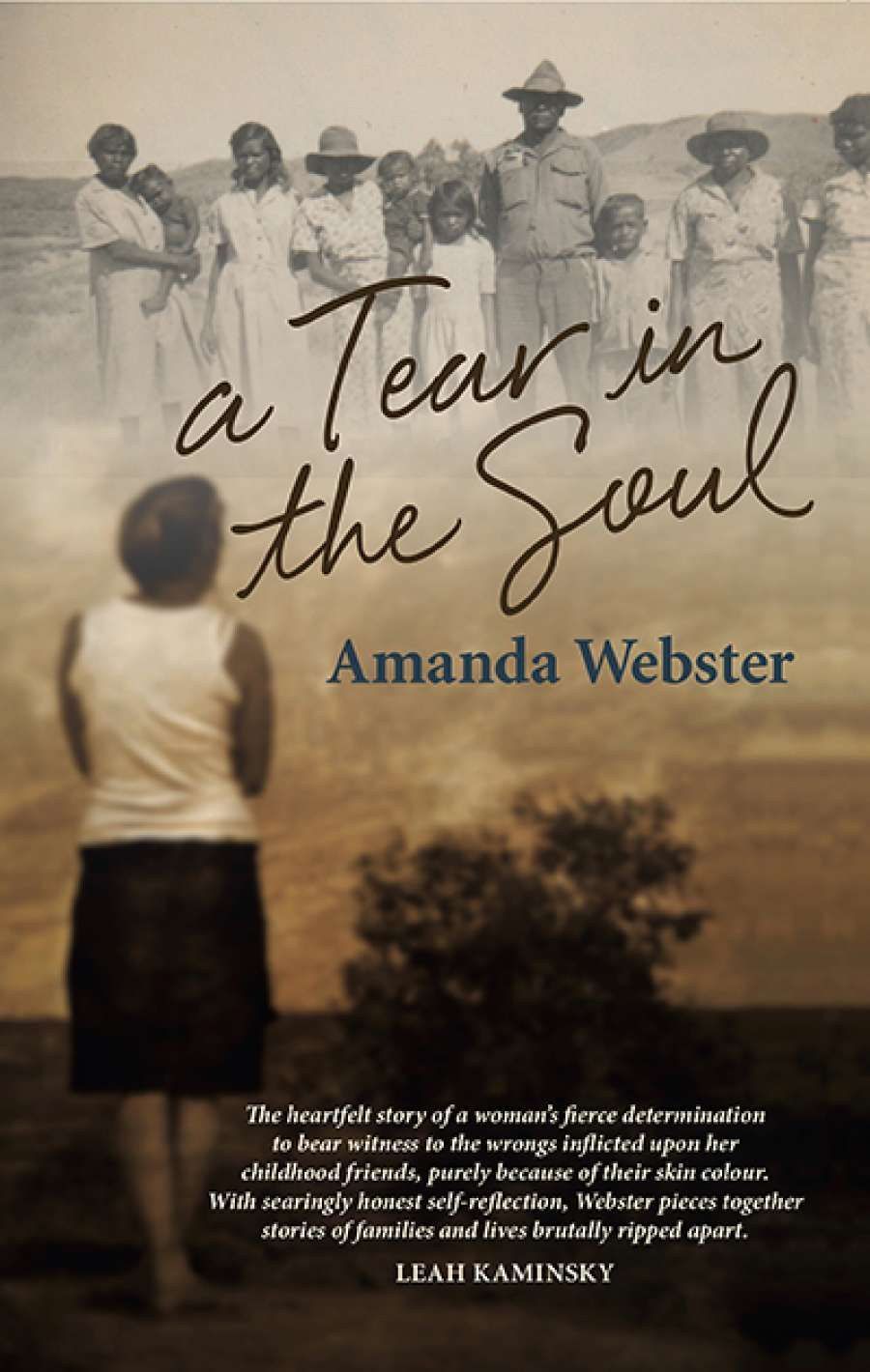
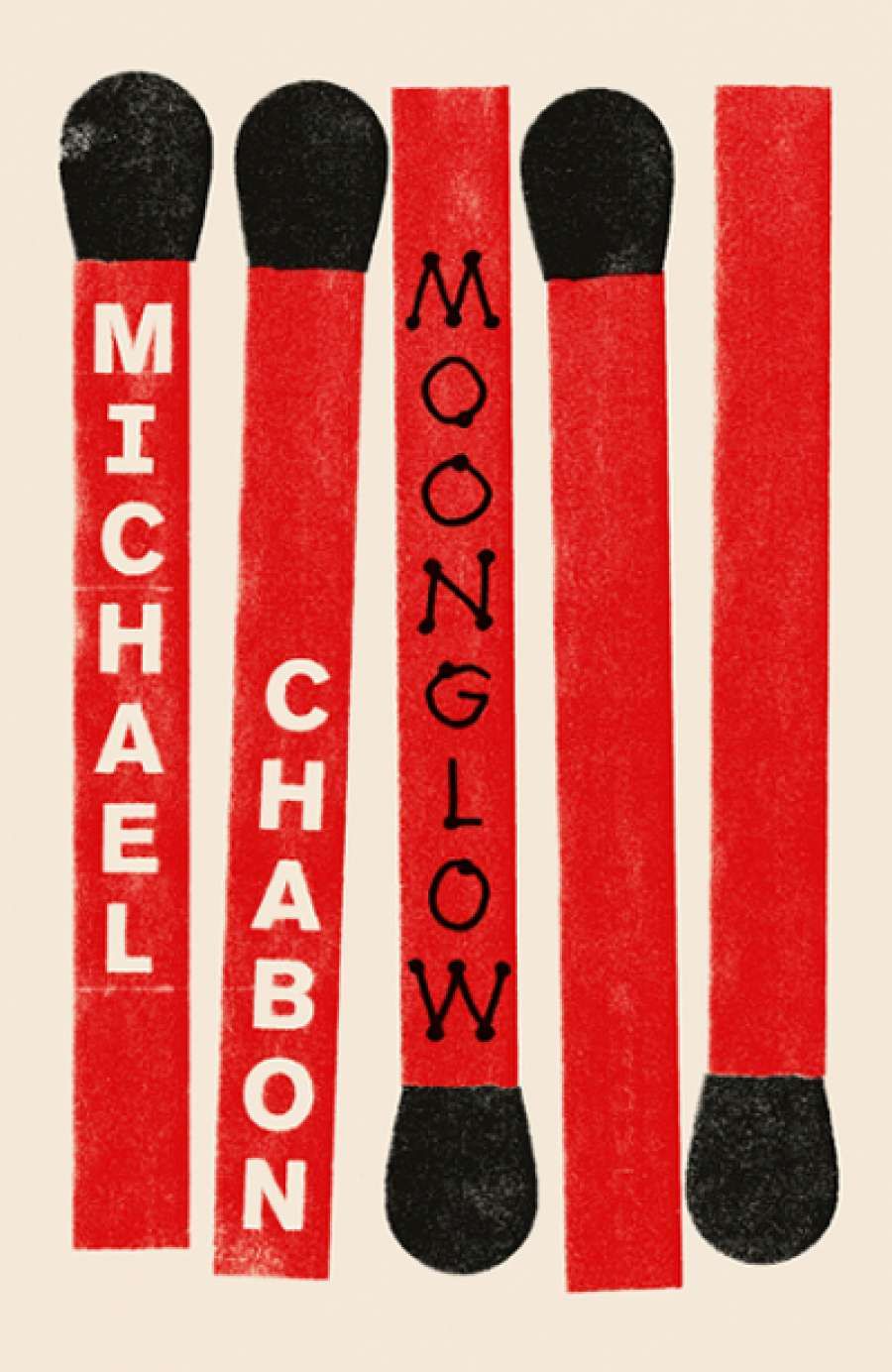
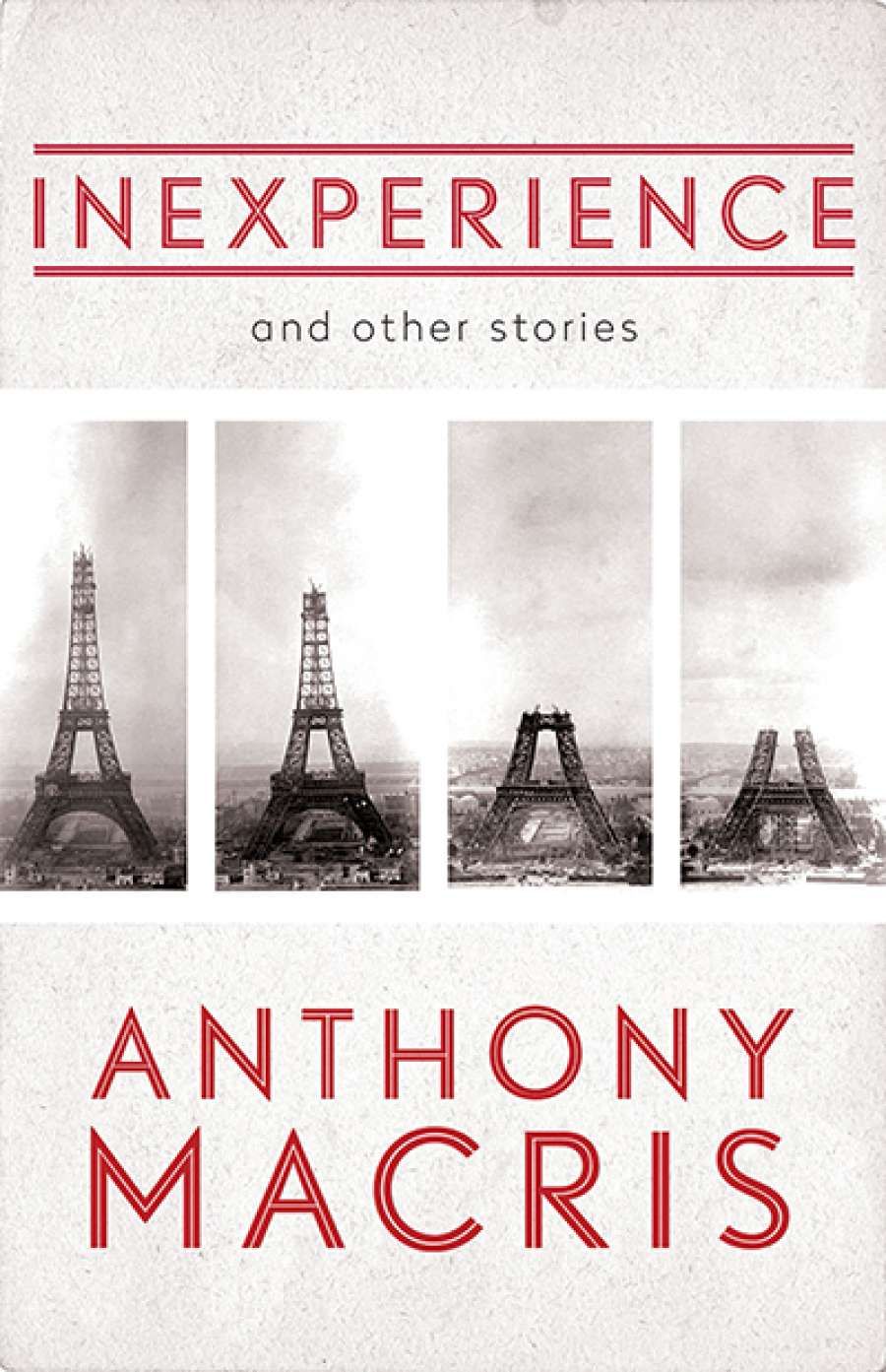
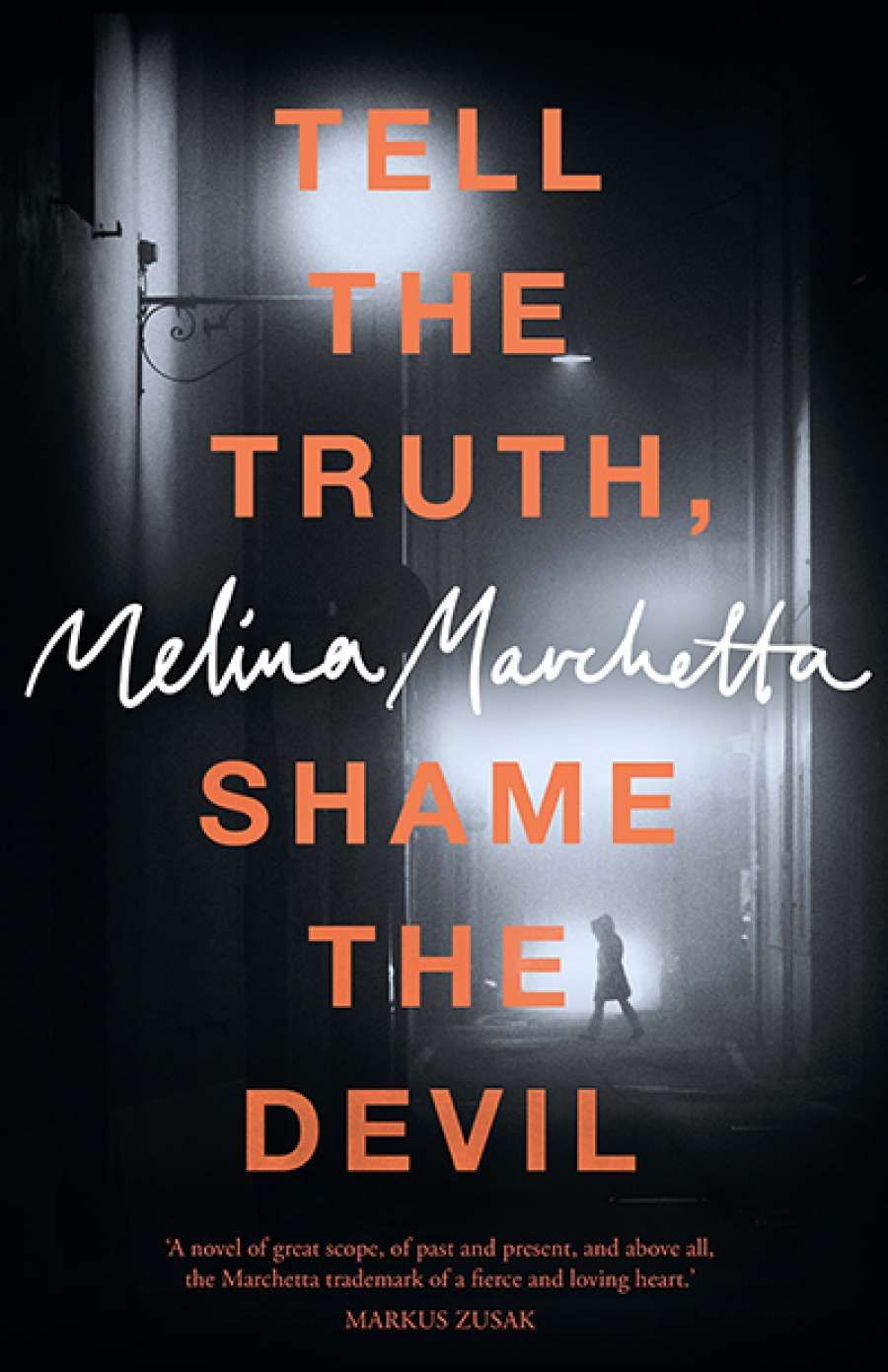
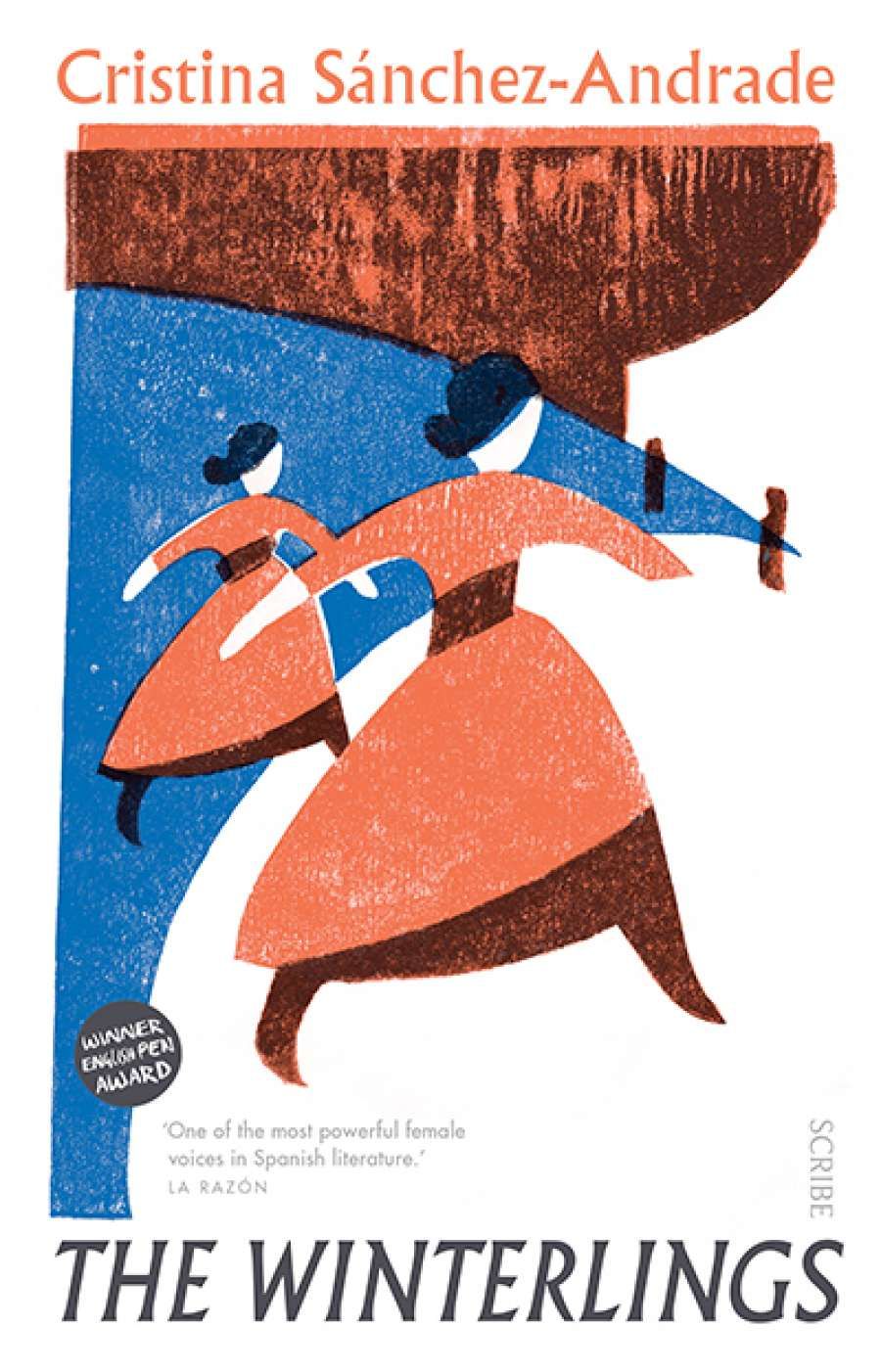
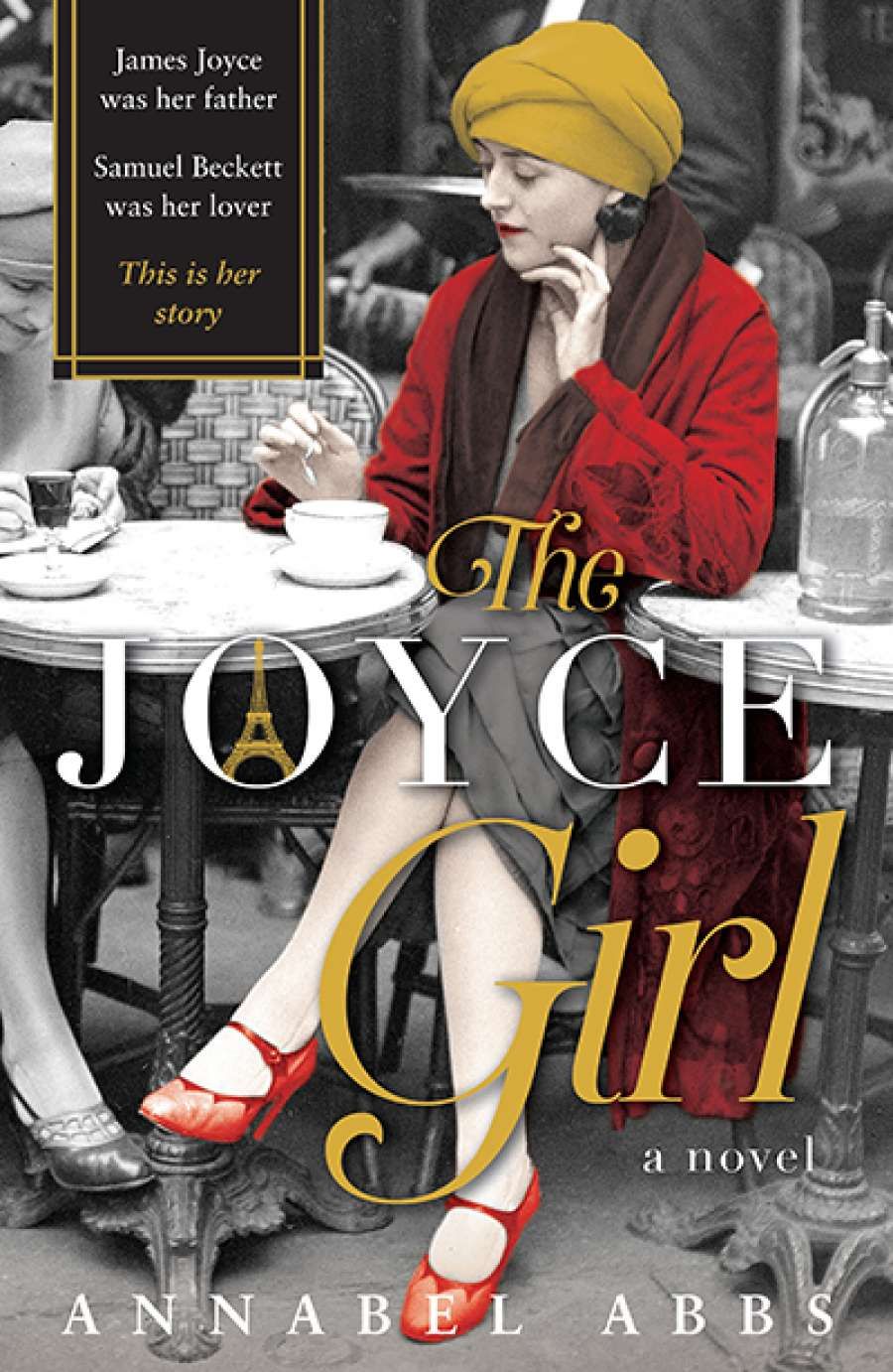
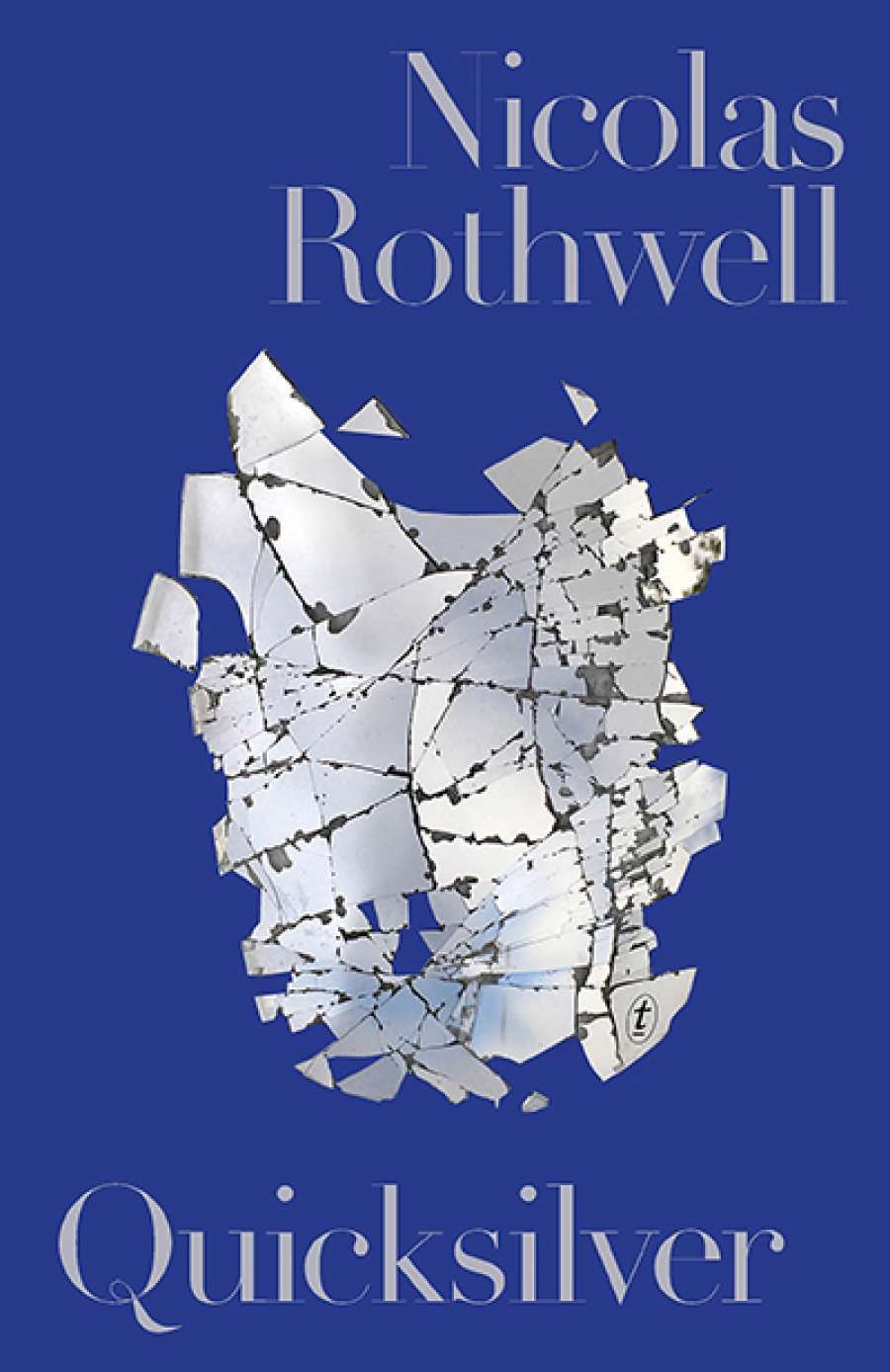
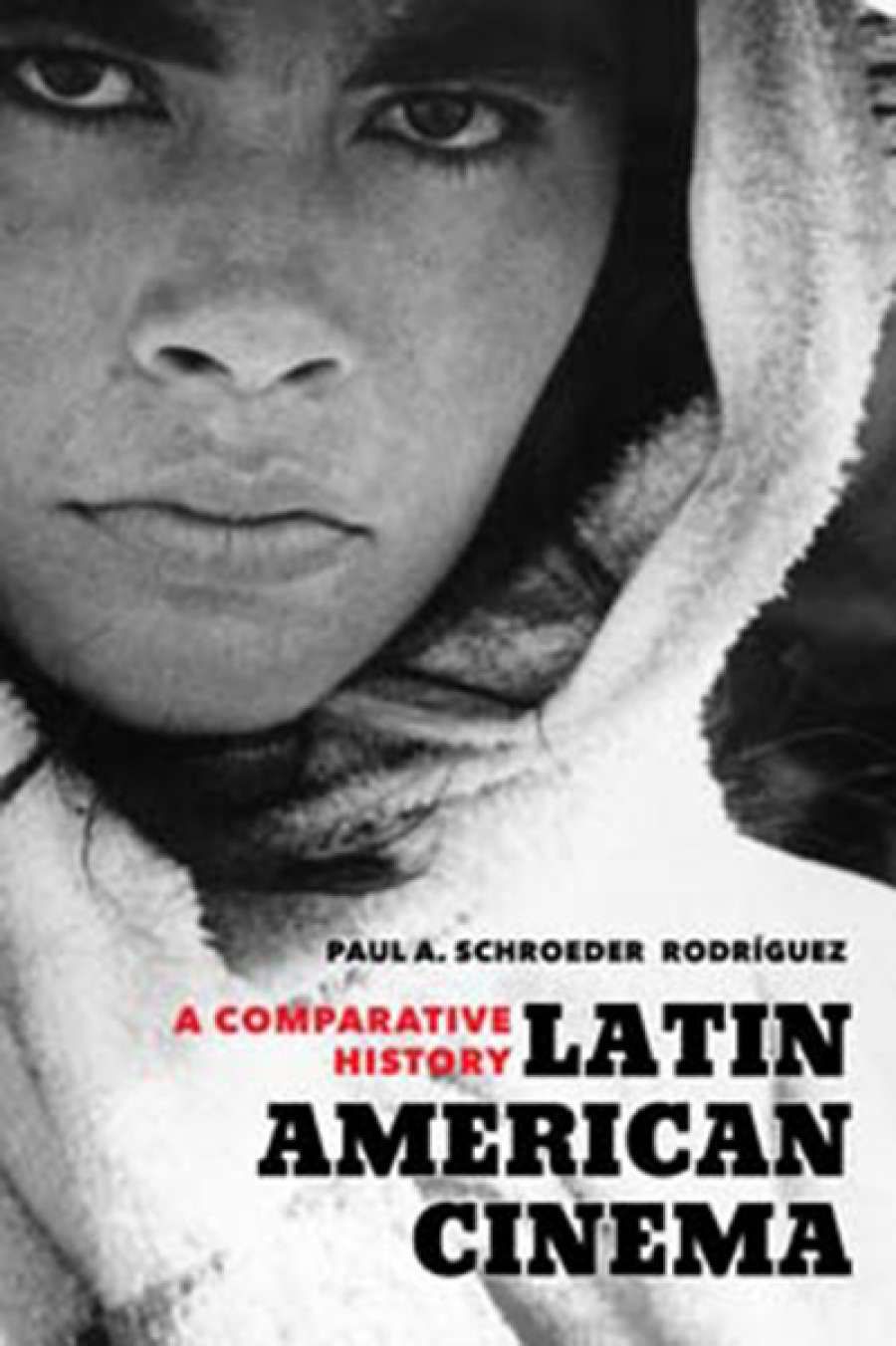
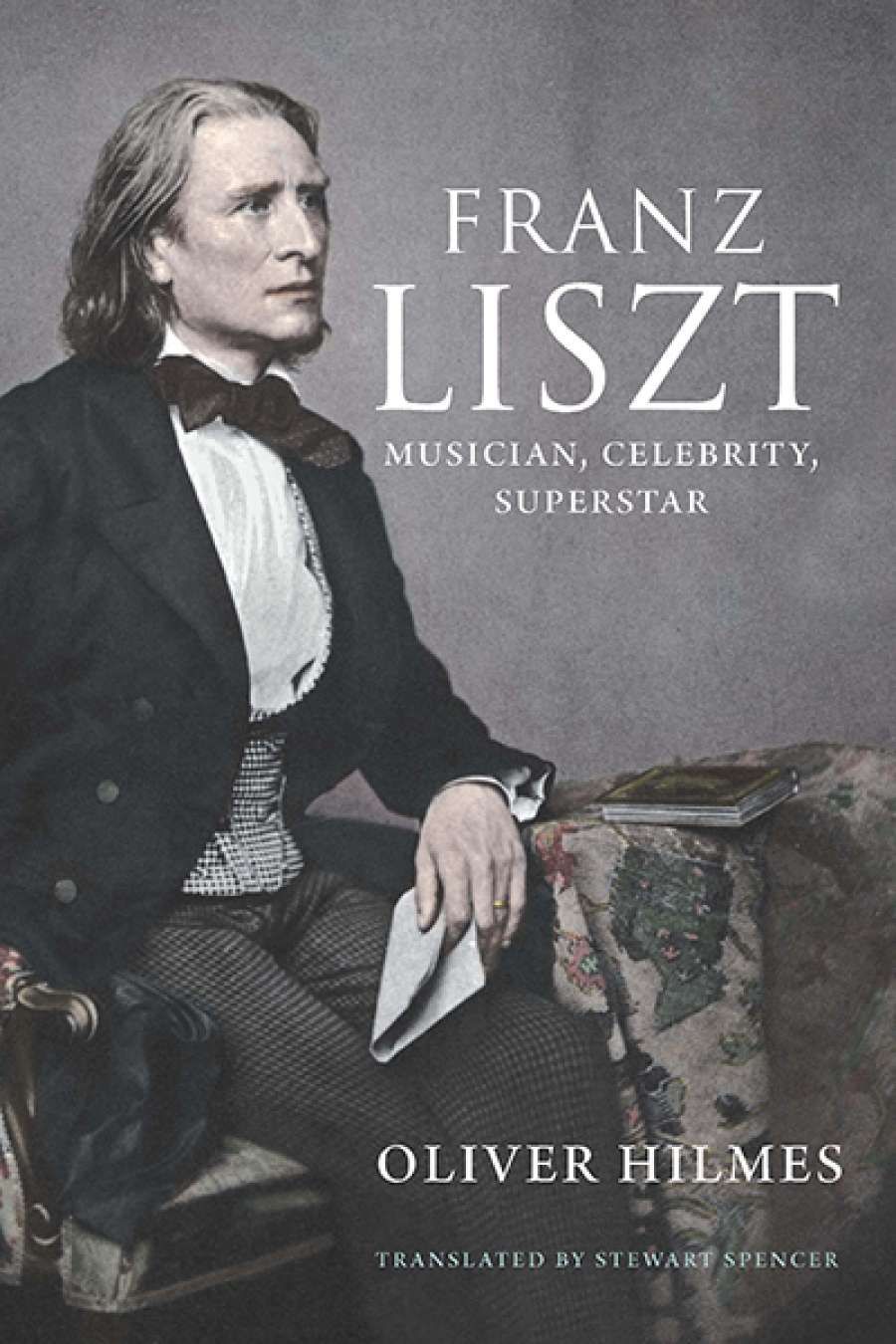
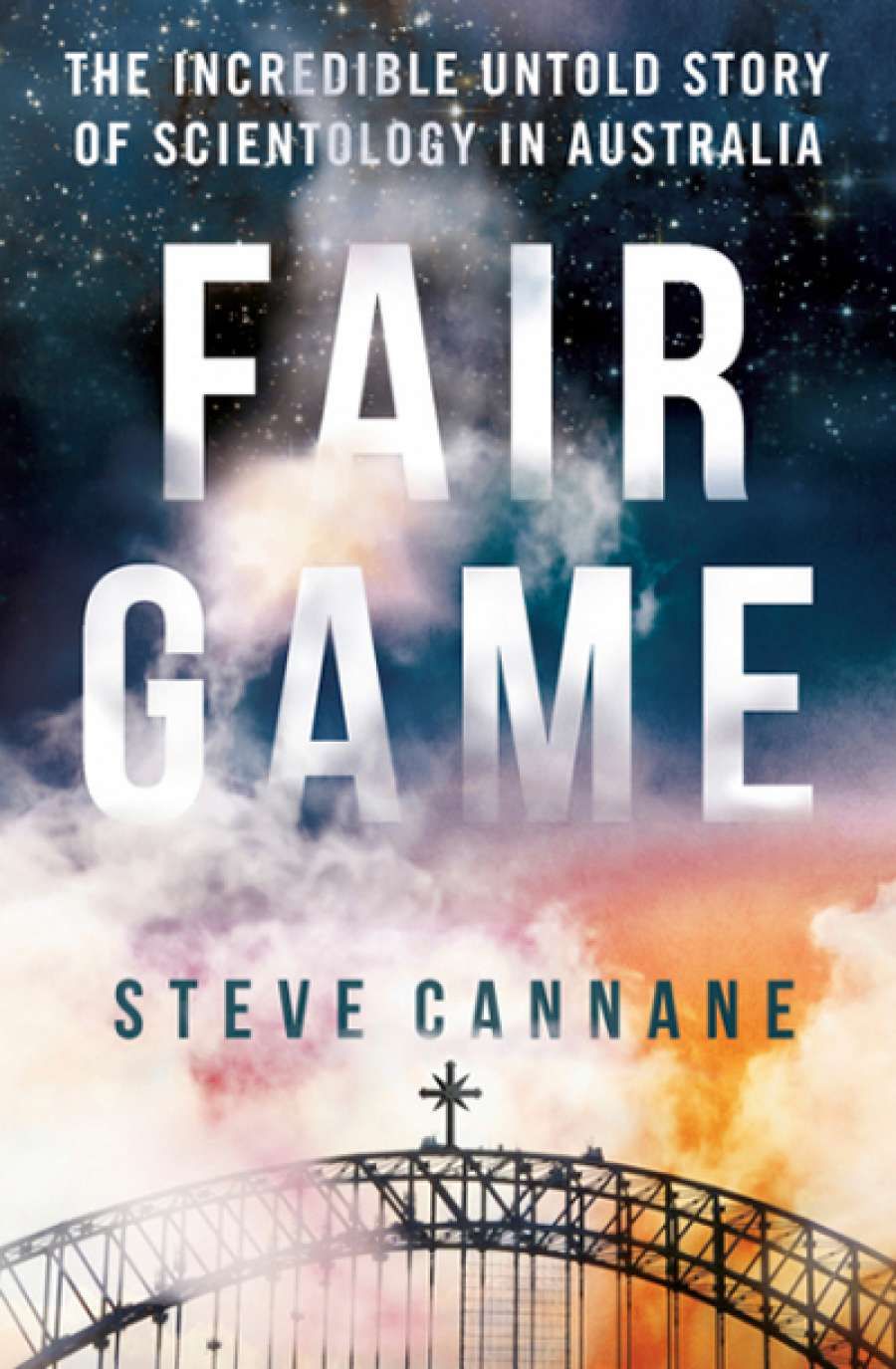
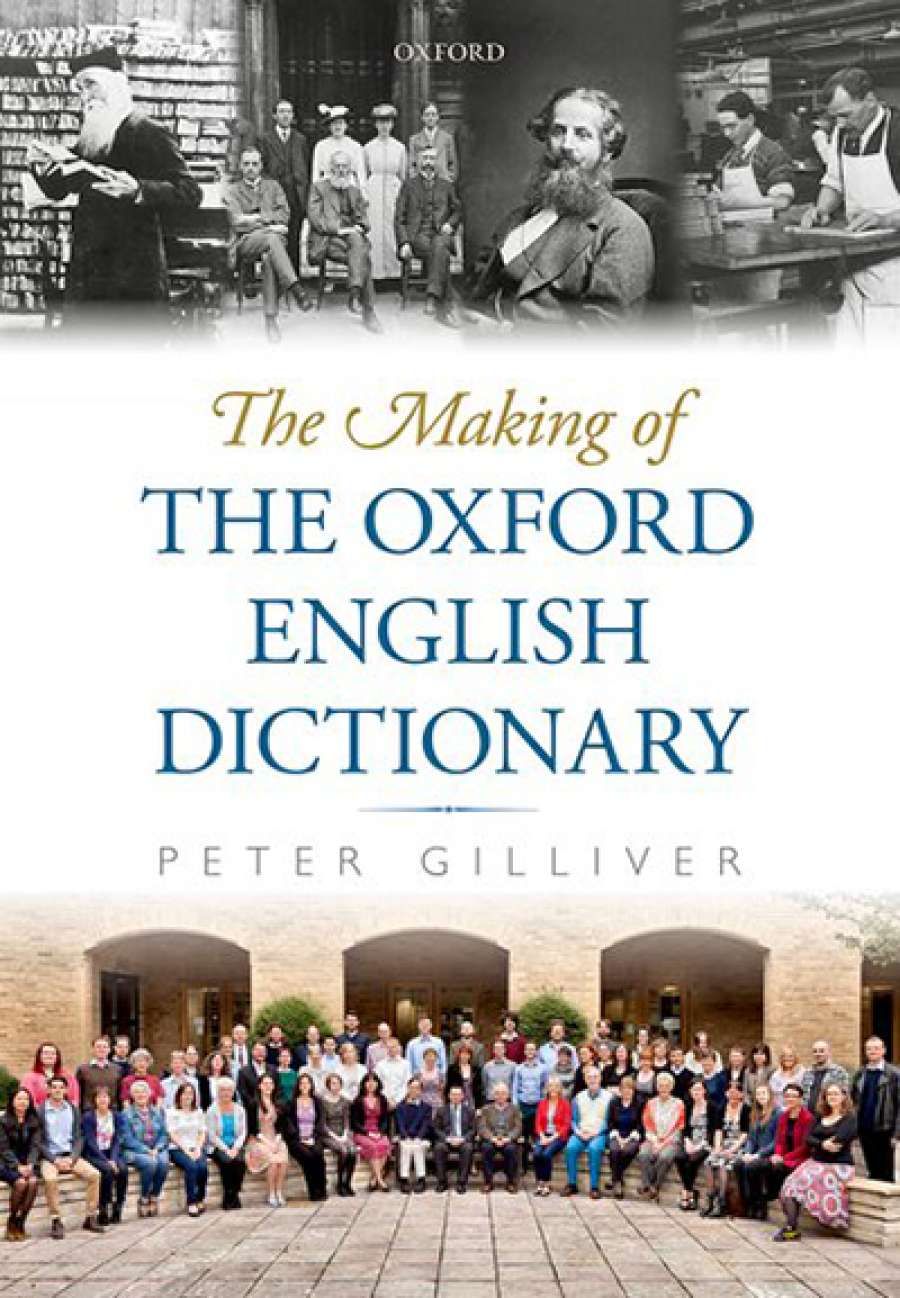
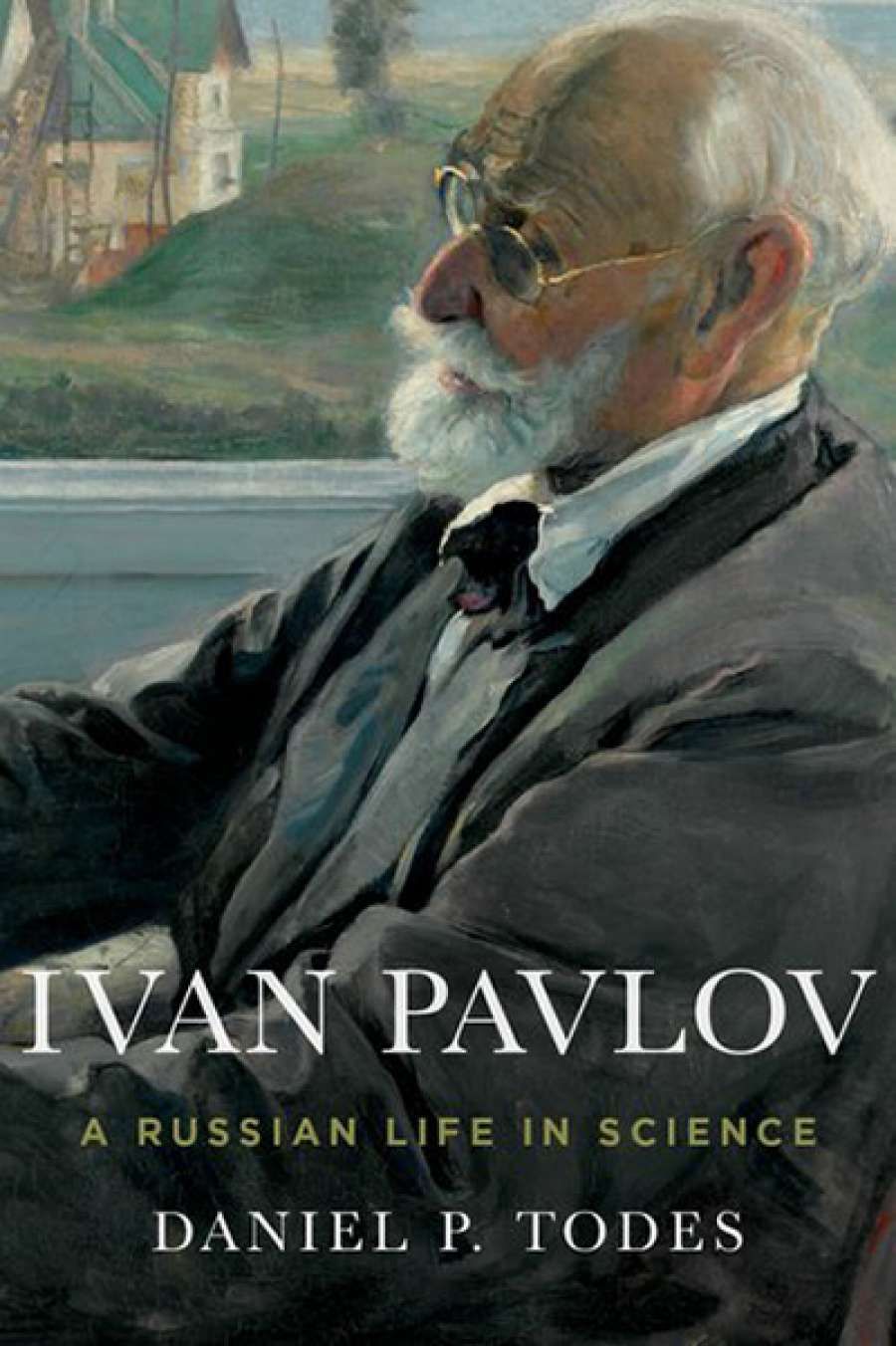
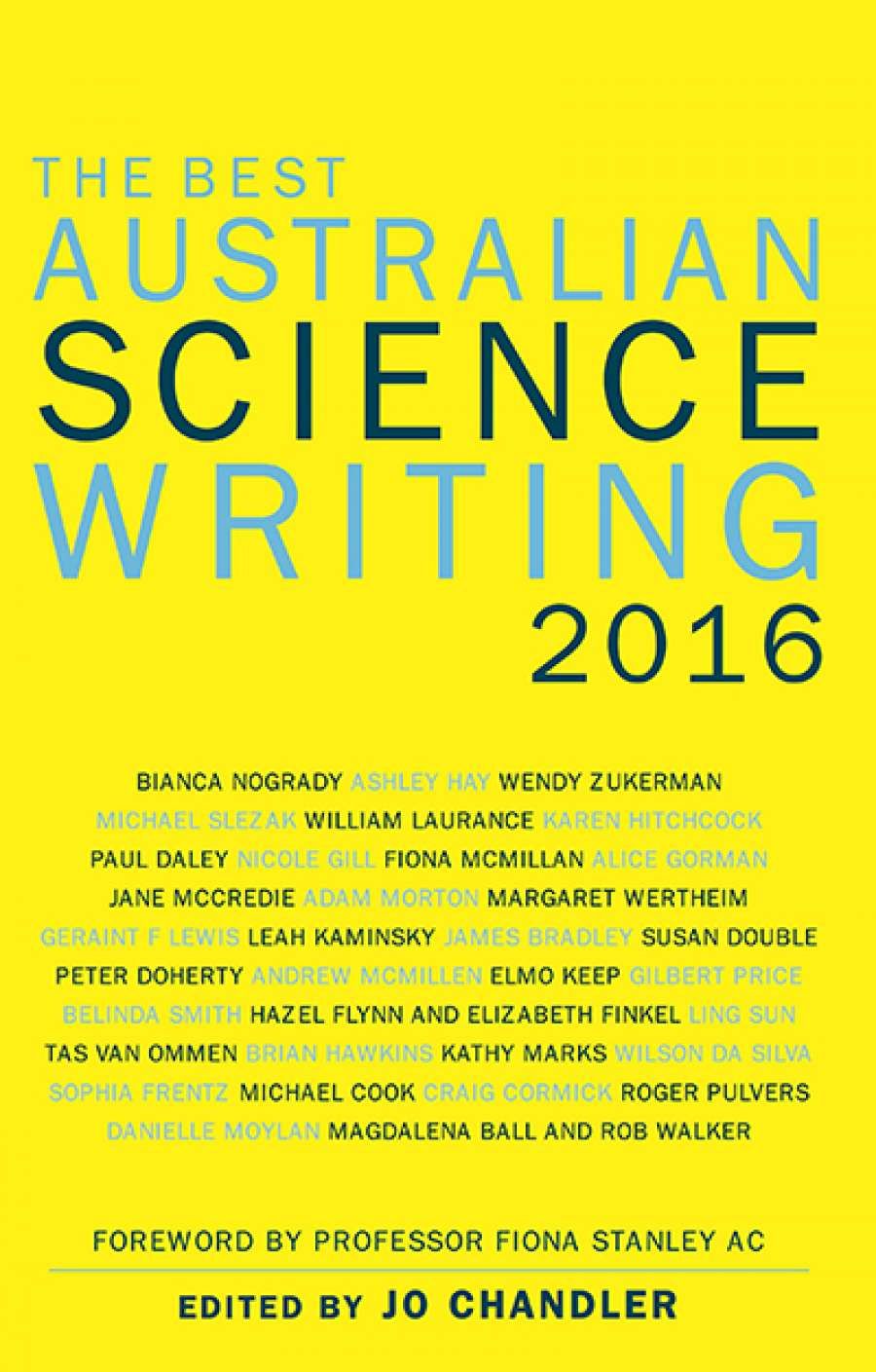
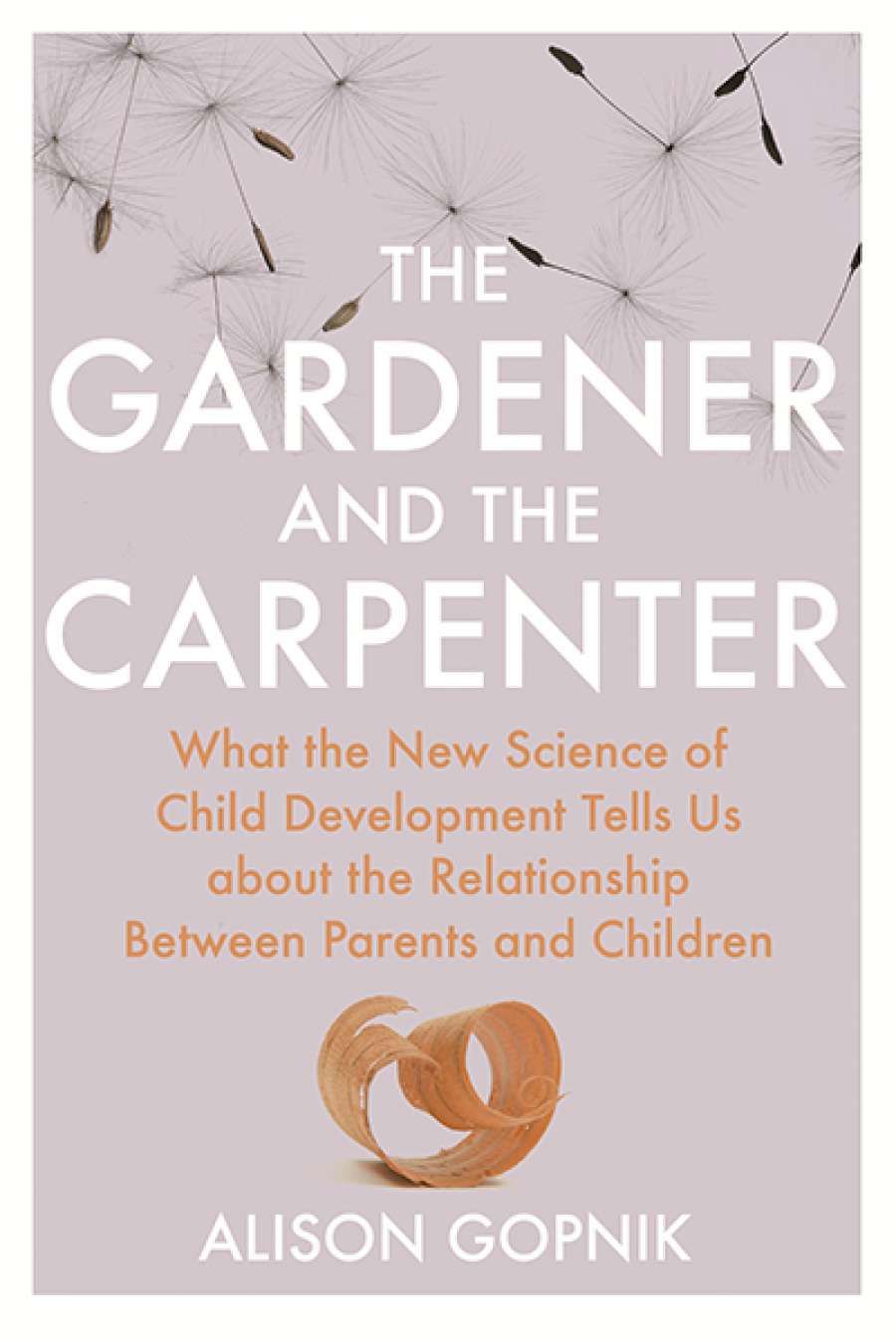
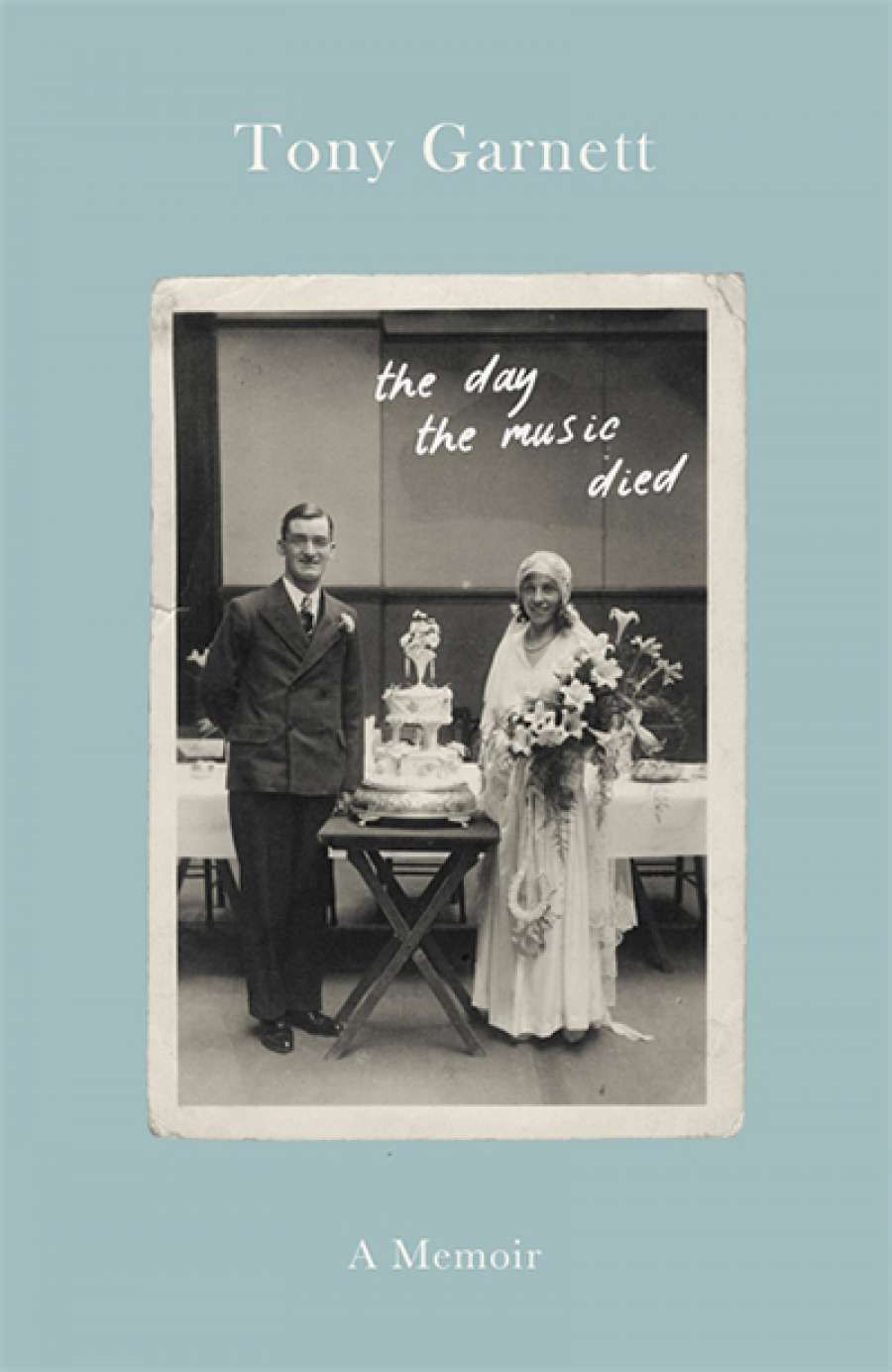
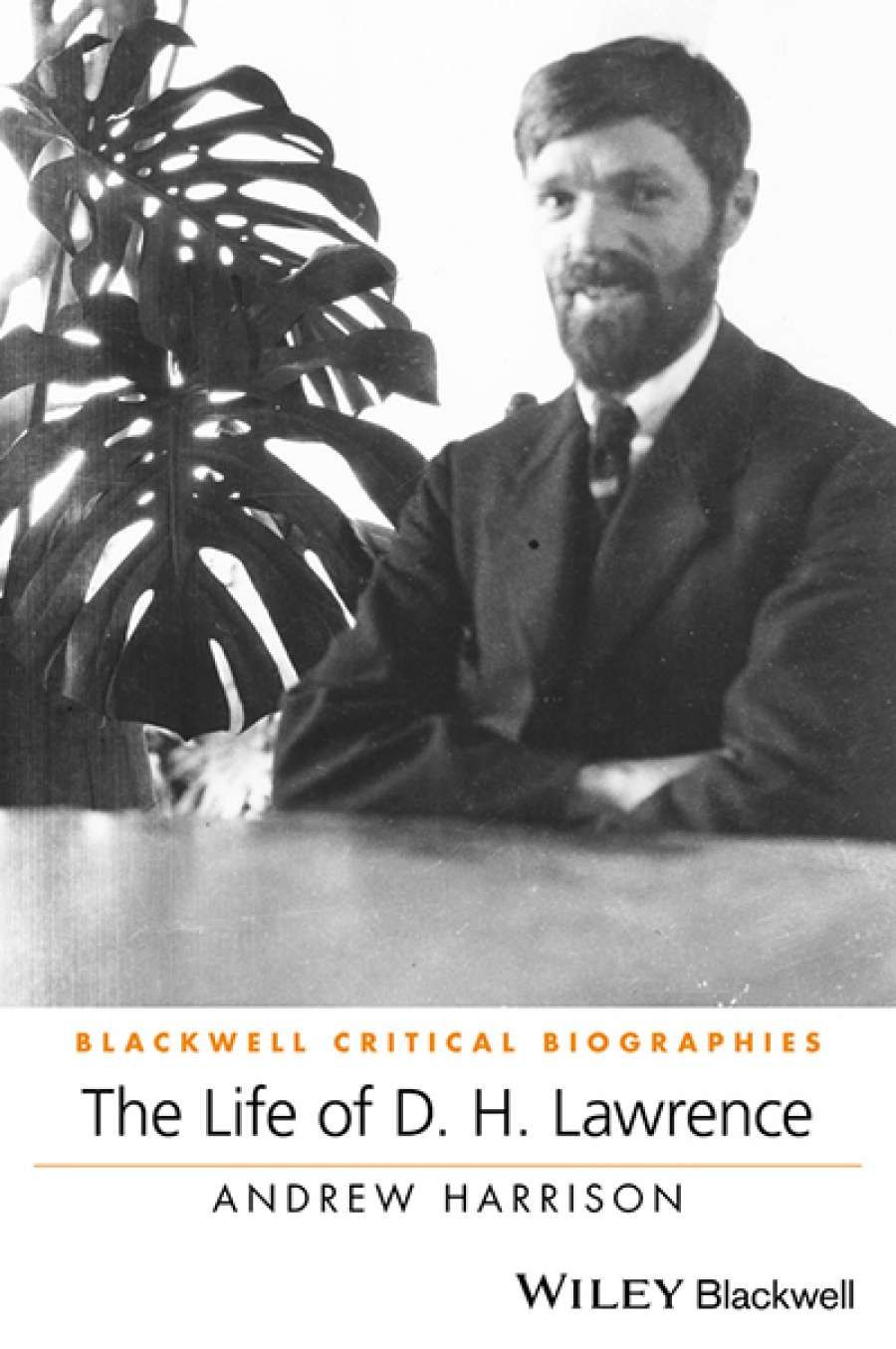
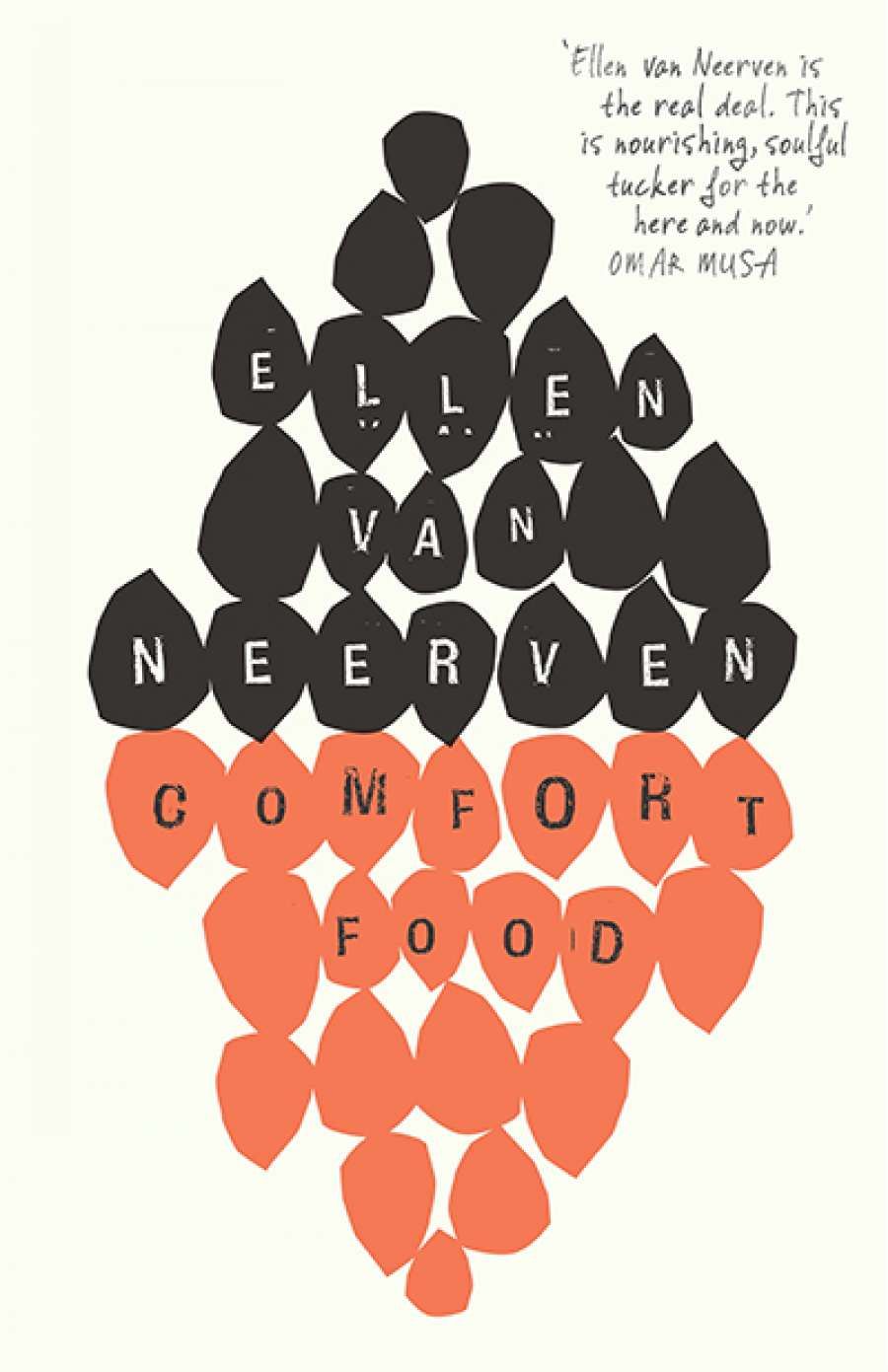
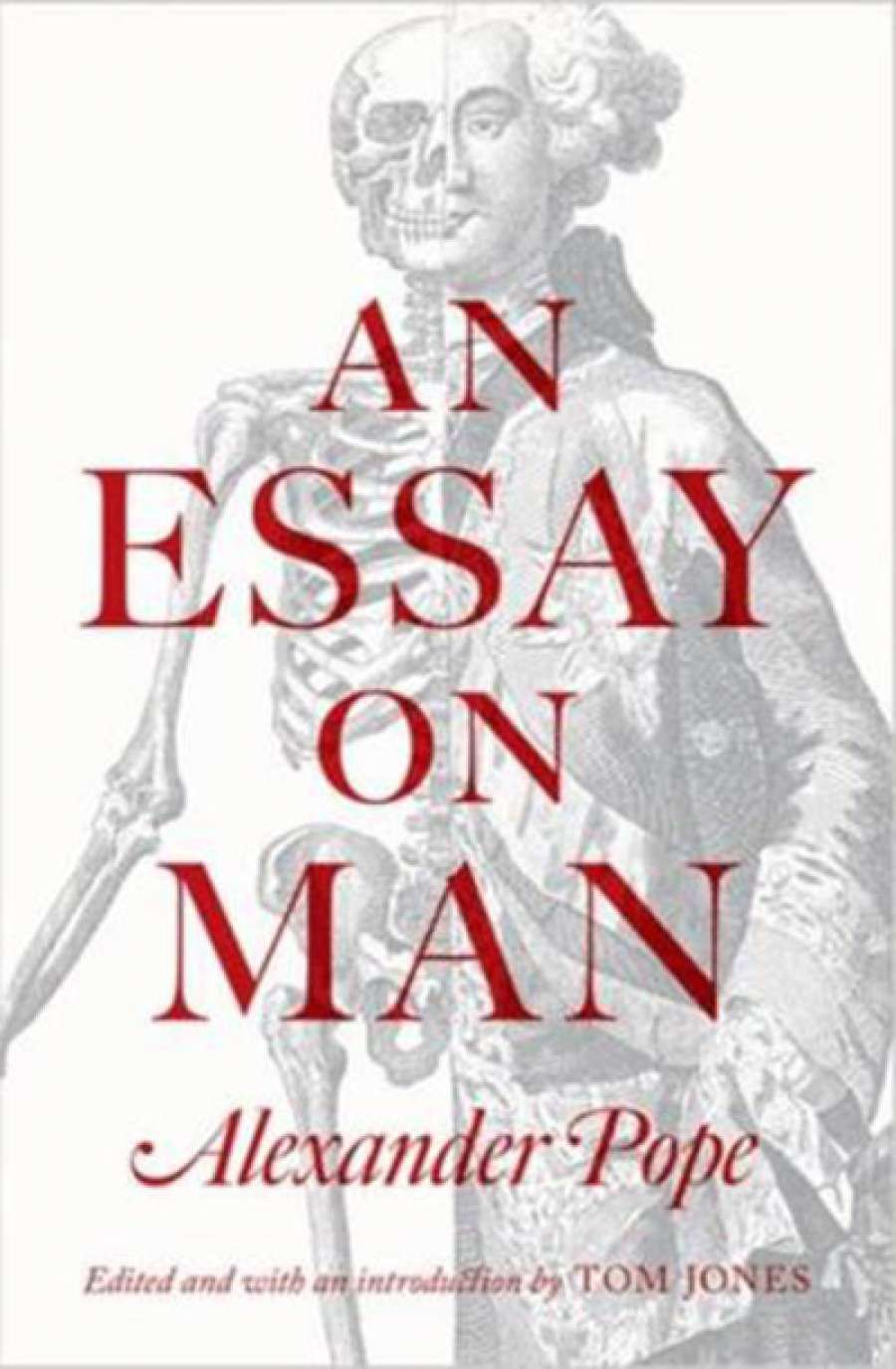
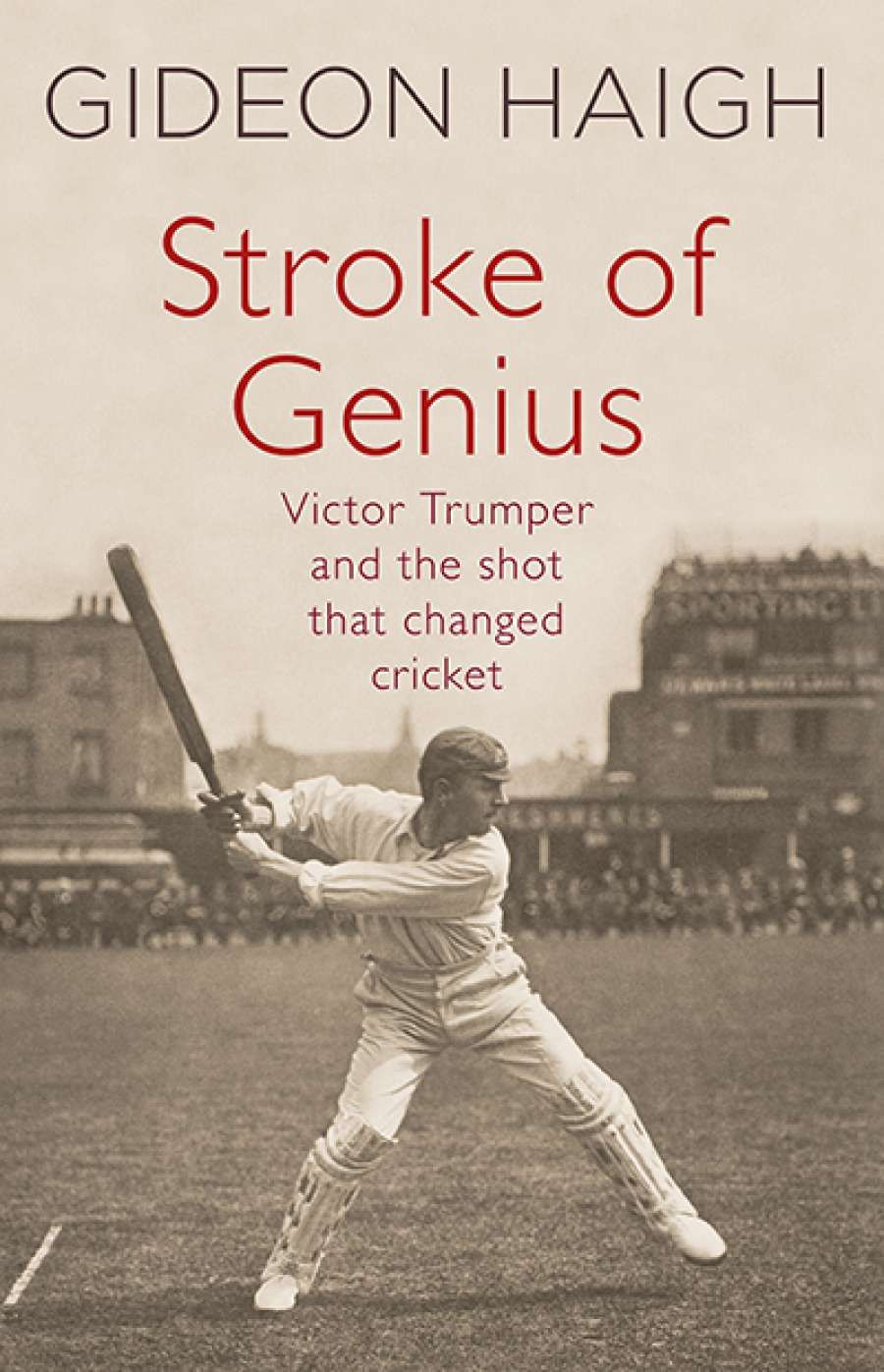
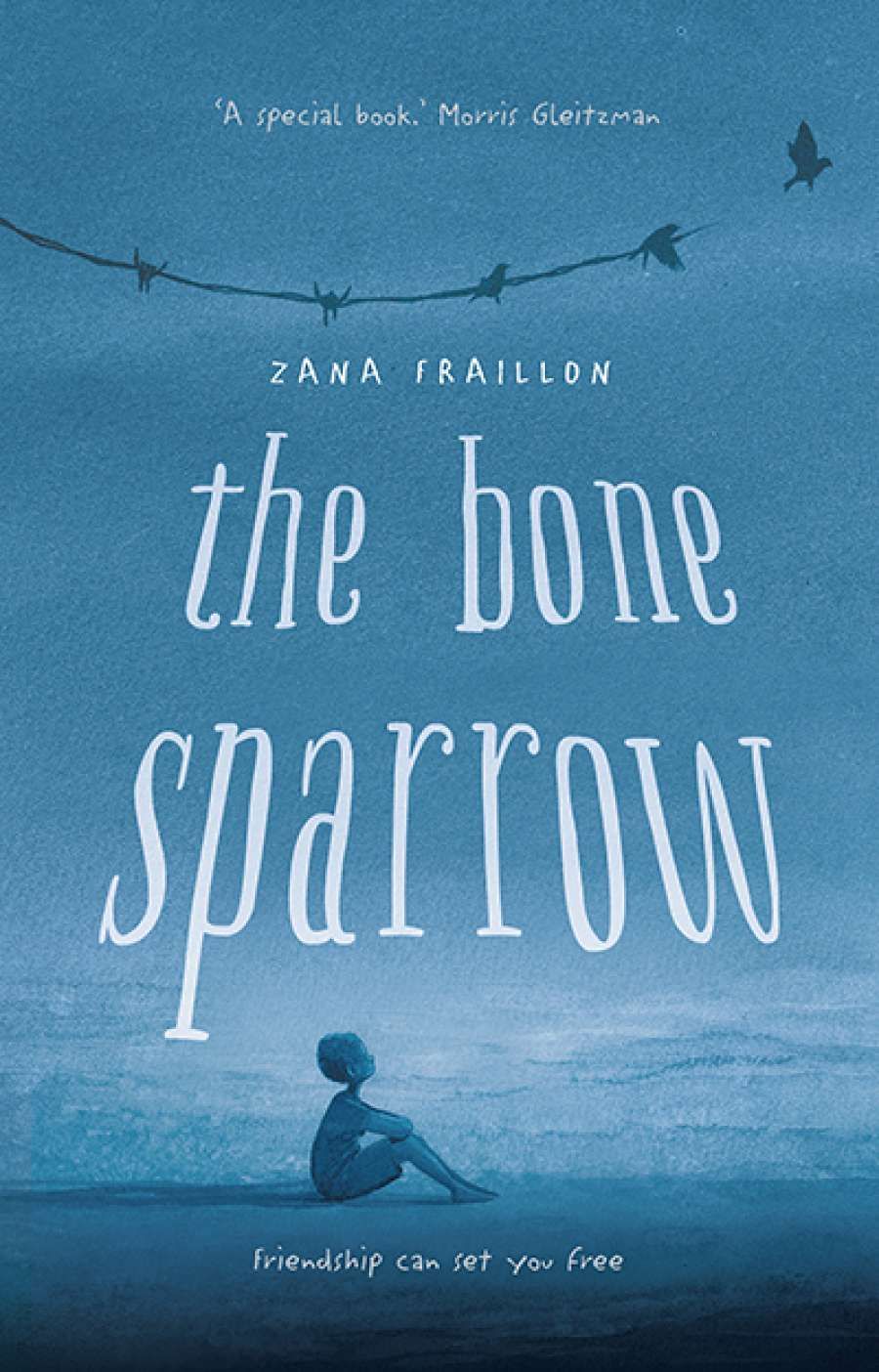
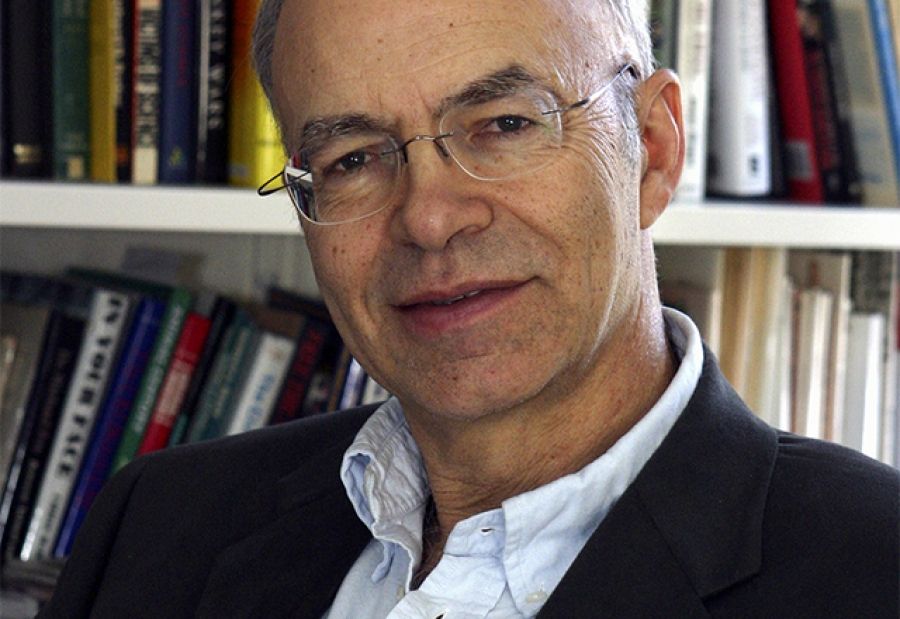
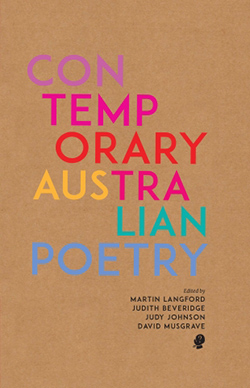 Acts of anthologising are ambitious (risky, some might say). There is a particularly expansive new volume from Puncher & Wattmann: Contemporary Australian Poetry, edited by Martin Langford, Judith Beveridge, Judy Johnson, and David Musgrave. There are 239 poets and more than 500 poems. The publisher makes considerable claims for our national poetry: ‘While no one was looking, our poetry has become too large for the space set aside for it, too important to be quiet, and too insistent to be ignored. It has evolved into one of our country’s greatest cultural achievements.’
Acts of anthologising are ambitious (risky, some might say). There is a particularly expansive new volume from Puncher & Wattmann: Contemporary Australian Poetry, edited by Martin Langford, Judith Beveridge, Judy Johnson, and David Musgrave. There are 239 poets and more than 500 poems. The publisher makes considerable claims for our national poetry: ‘While no one was looking, our poetry has become too large for the space set aside for it, too important to be quiet, and too insistent to be ignored. It has evolved into one of our country’s greatest cultural achievements.’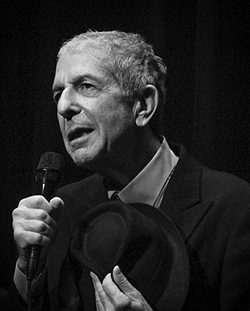 Canadian poet, novelist, and singer–songwriter Leonard Cohen died on 7 November at the age of eighty-two. A revered musical figure, he was best known for exploring themes of religion, politics, and personal relationships through his spoken-word styled song.
Canadian poet, novelist, and singer–songwriter Leonard Cohen died on 7 November at the age of eighty-two. A revered musical figure, he was best known for exploring themes of religion, politics, and personal relationships through his spoken-word styled song.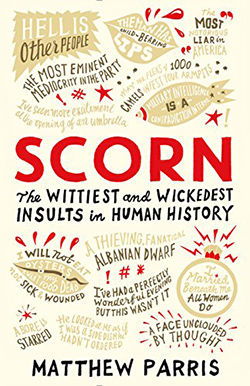 Clearly, after the egregious US presidential election, we can now dub this The Age of Scorn. How fitting it was to receive a publication titled
Clearly, after the egregious US presidential election, we can now dub this The Age of Scorn. How fitting it was to receive a publication titled 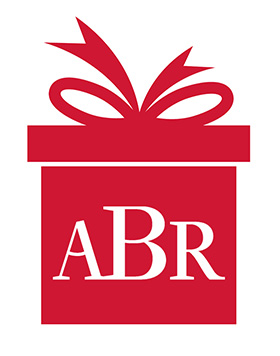 There’s still time to give a friend a six-month subscription to ABR (print or online). New and renewing subscribers can do so up until 31 December. You can qualify for this special offer by renewing your current subscription even before it is due to lapse. Why not introduce a young reader or writer to ABR?
There’s still time to give a friend a six-month subscription to ABR (print or online). New and renewing subscribers can do so up until 31 December. You can qualify for this special offer by renewing your current subscription even before it is due to lapse. Why not introduce a young reader or writer to ABR?